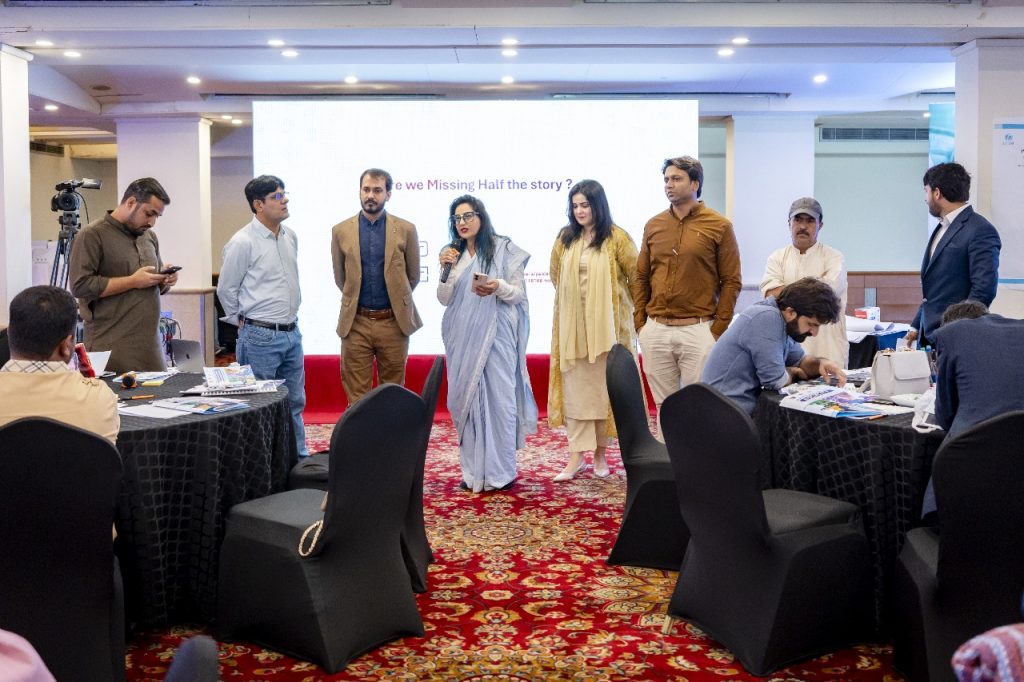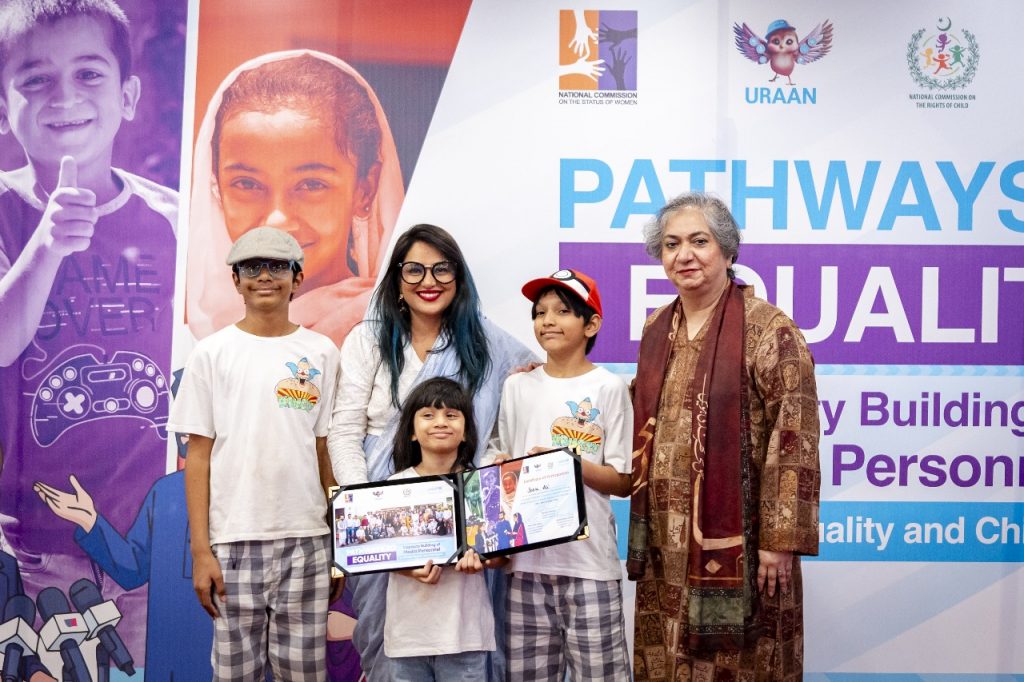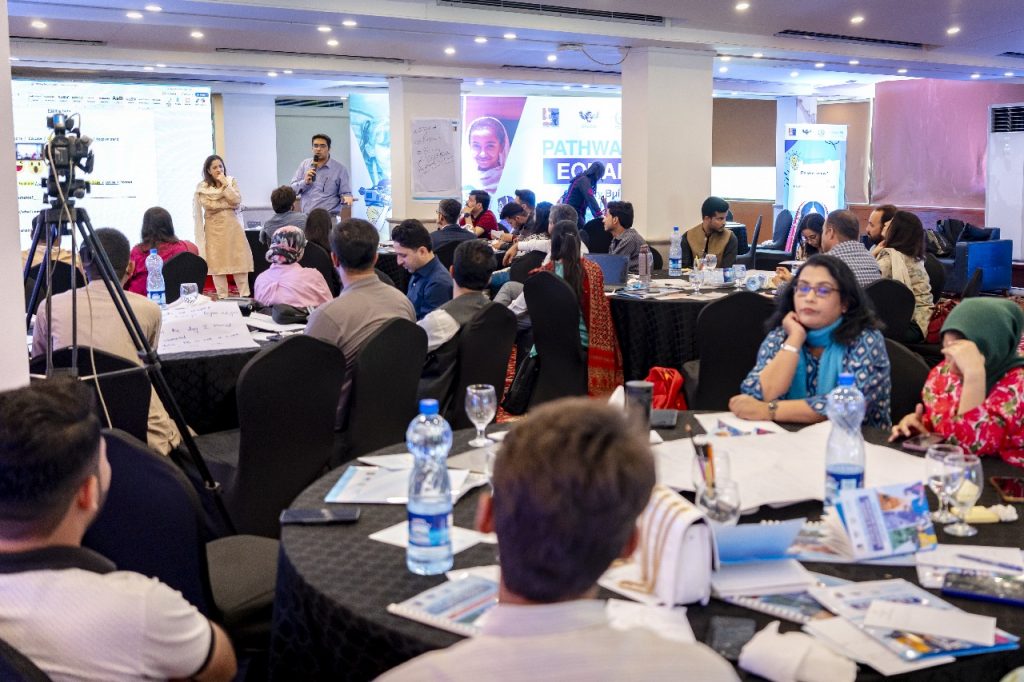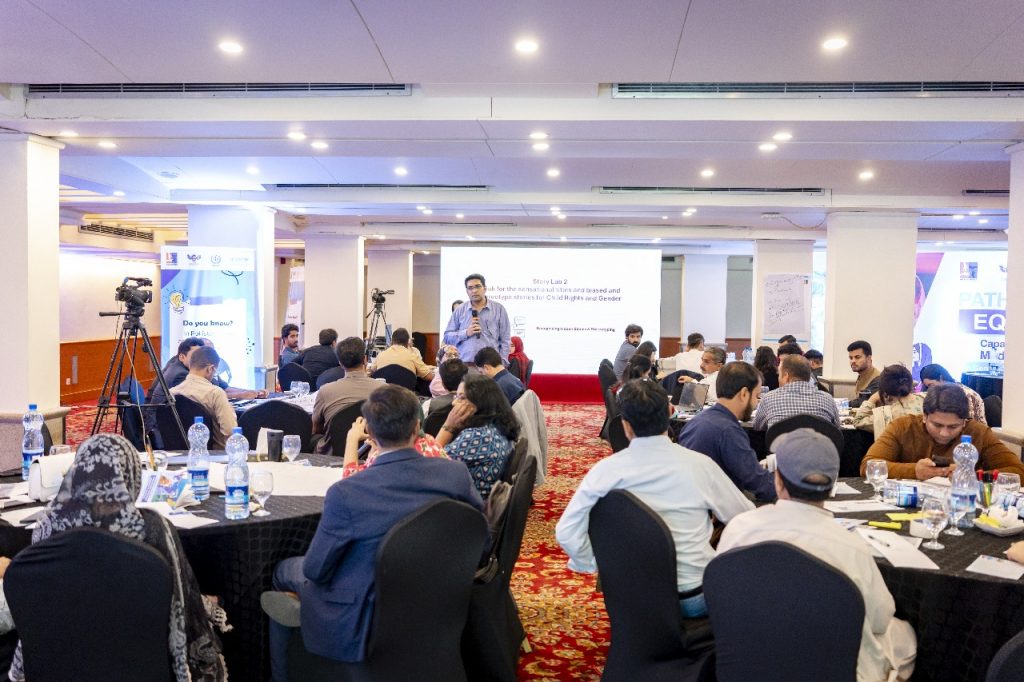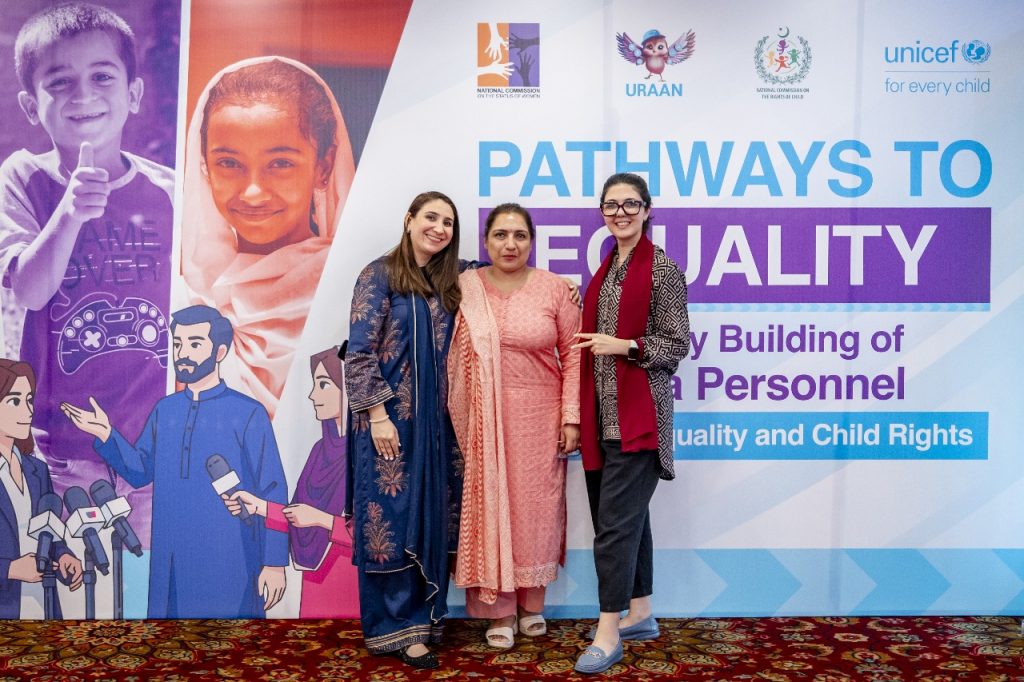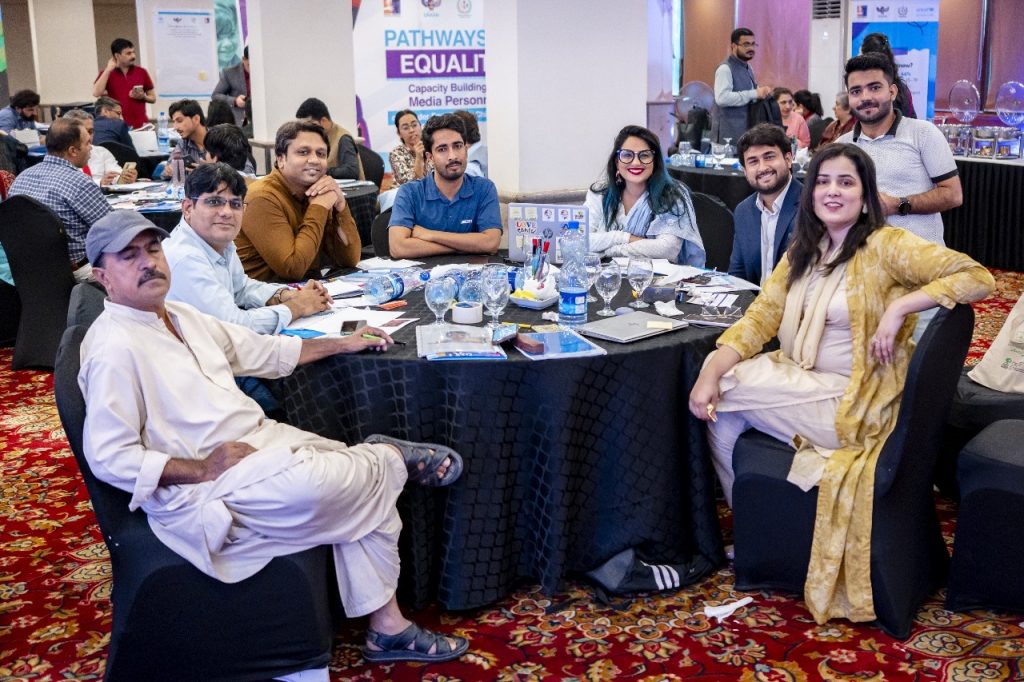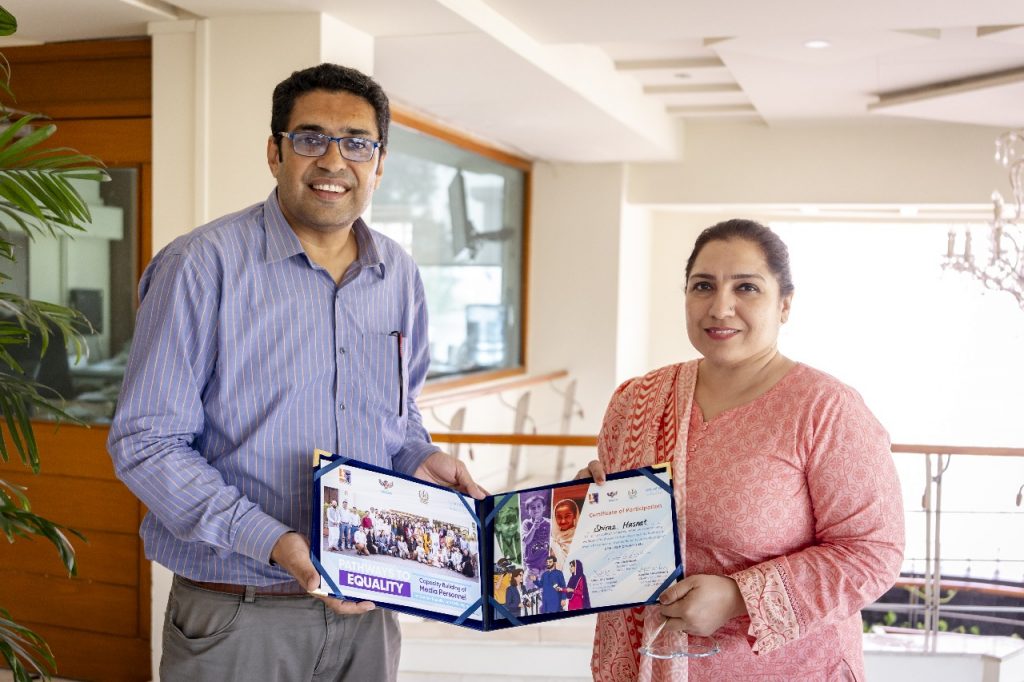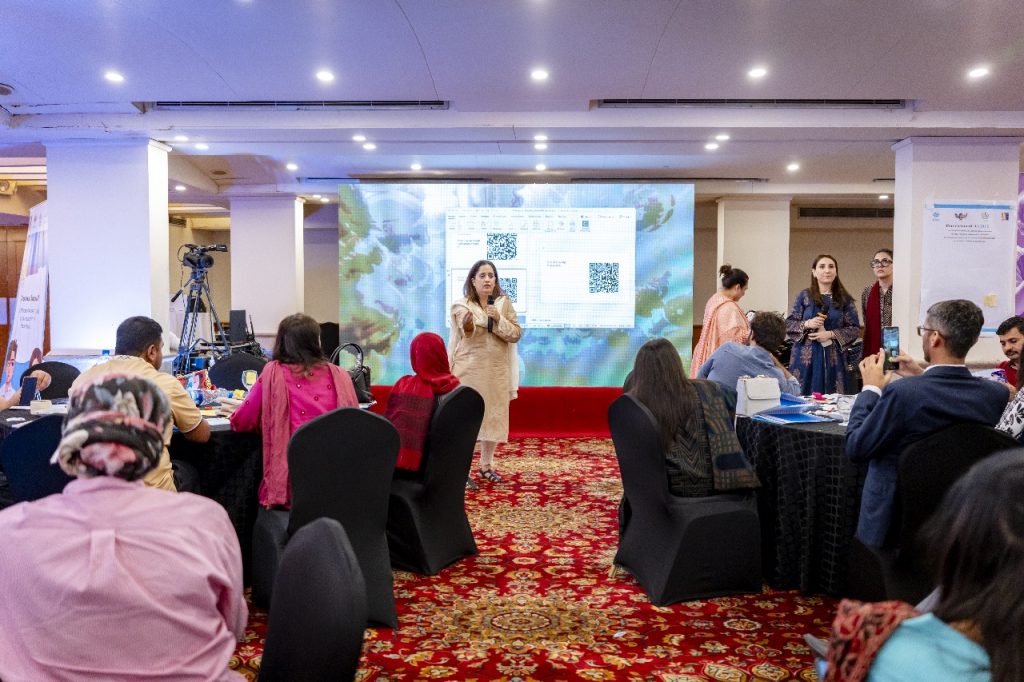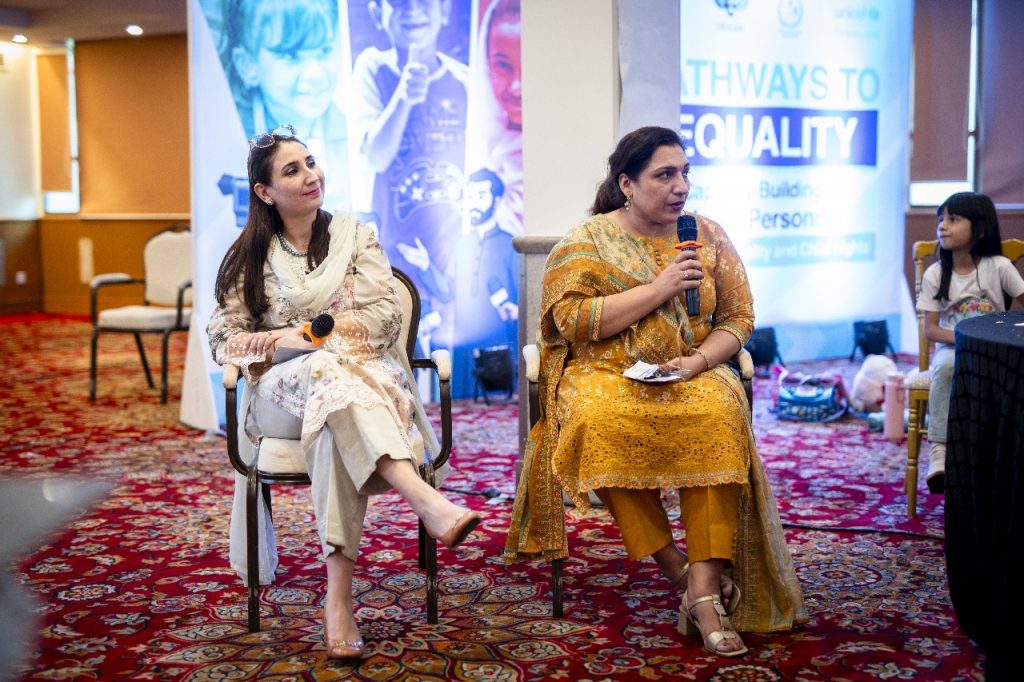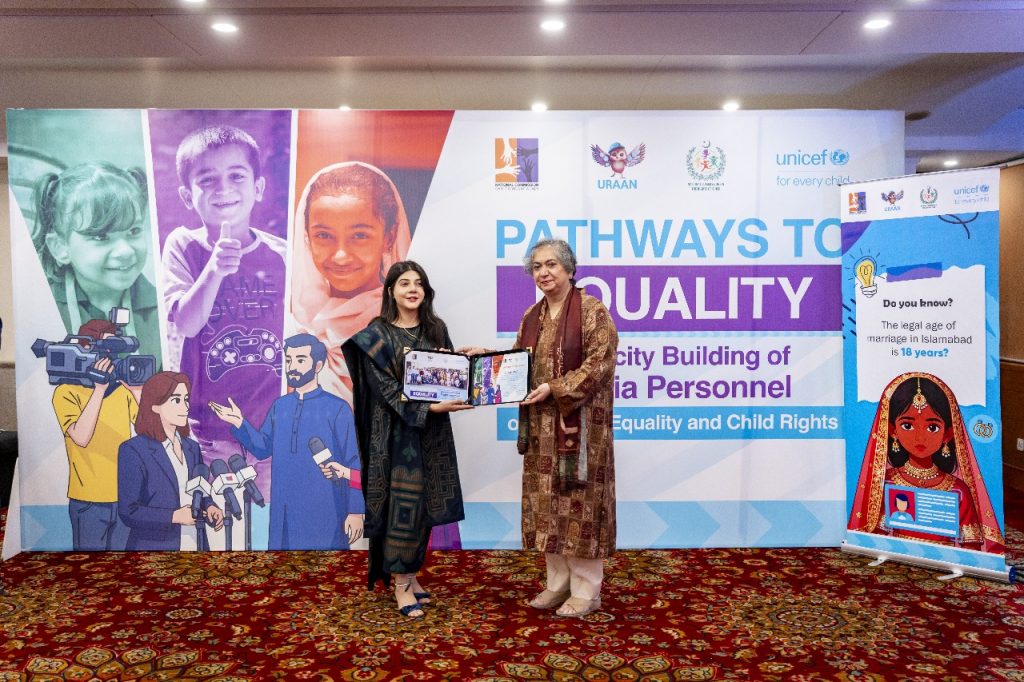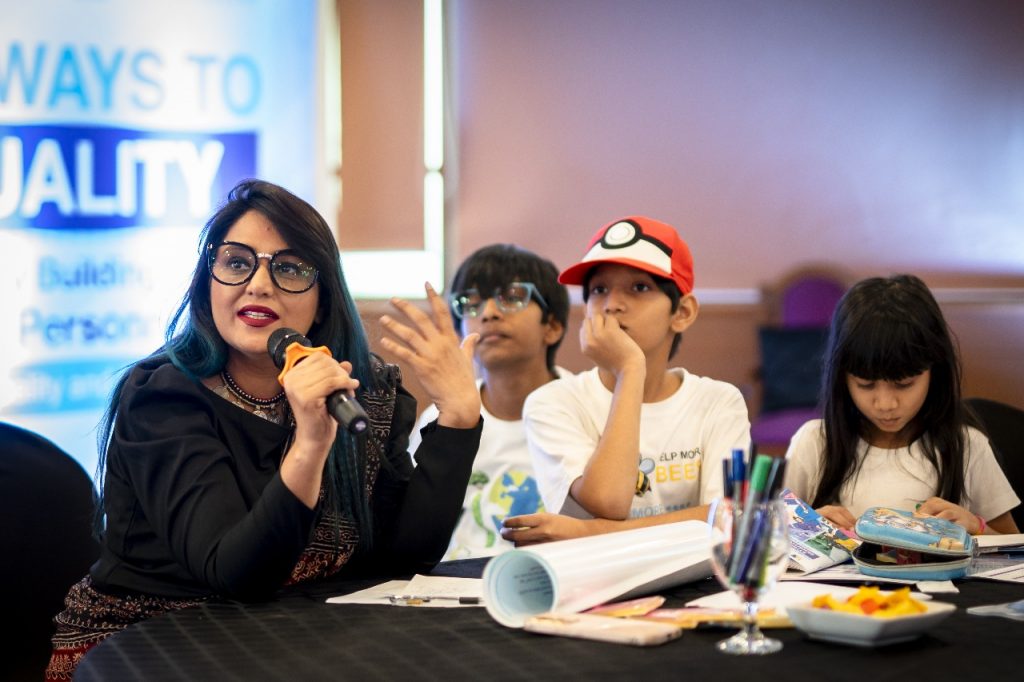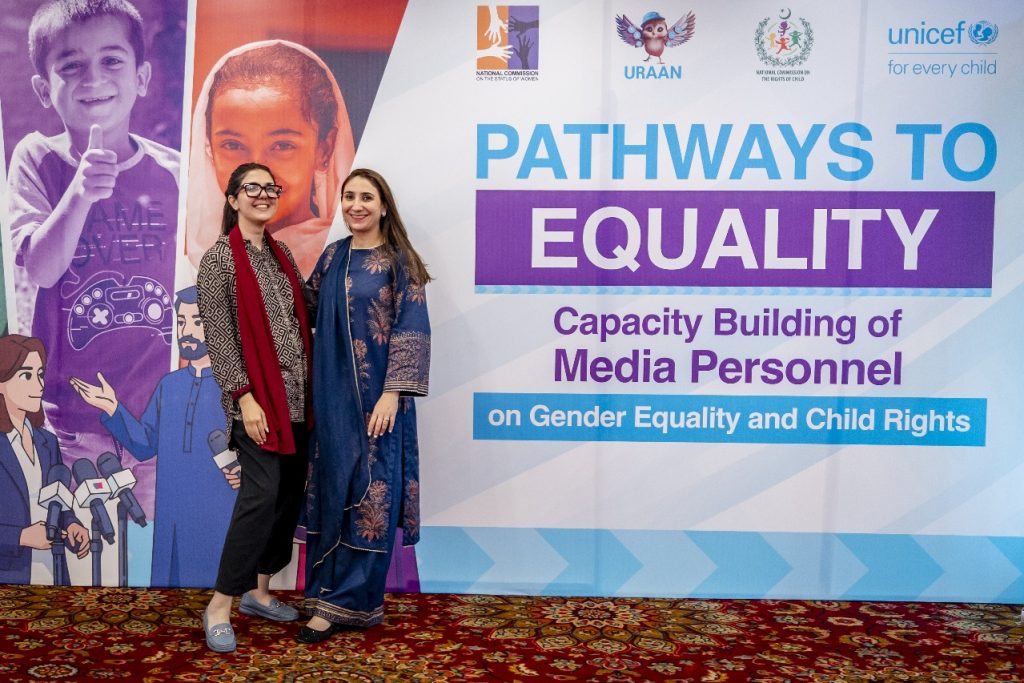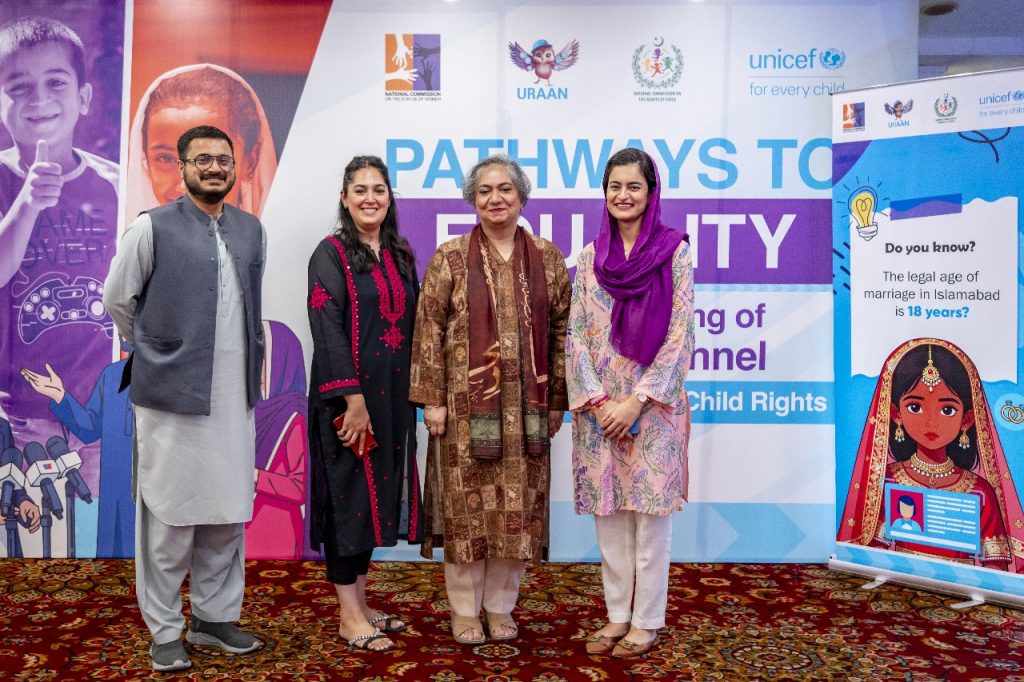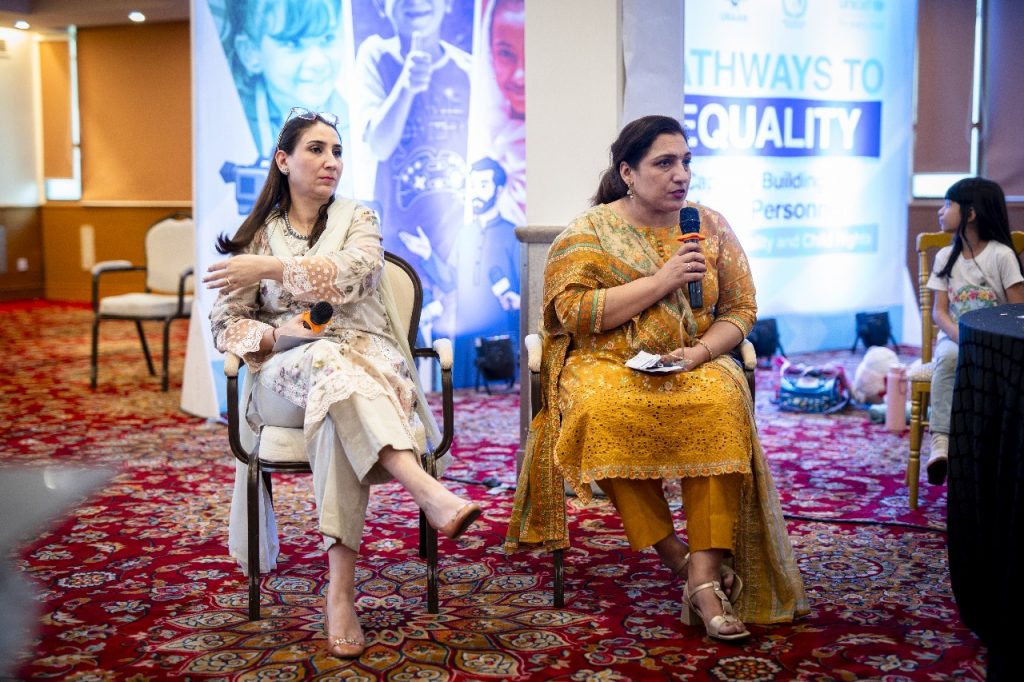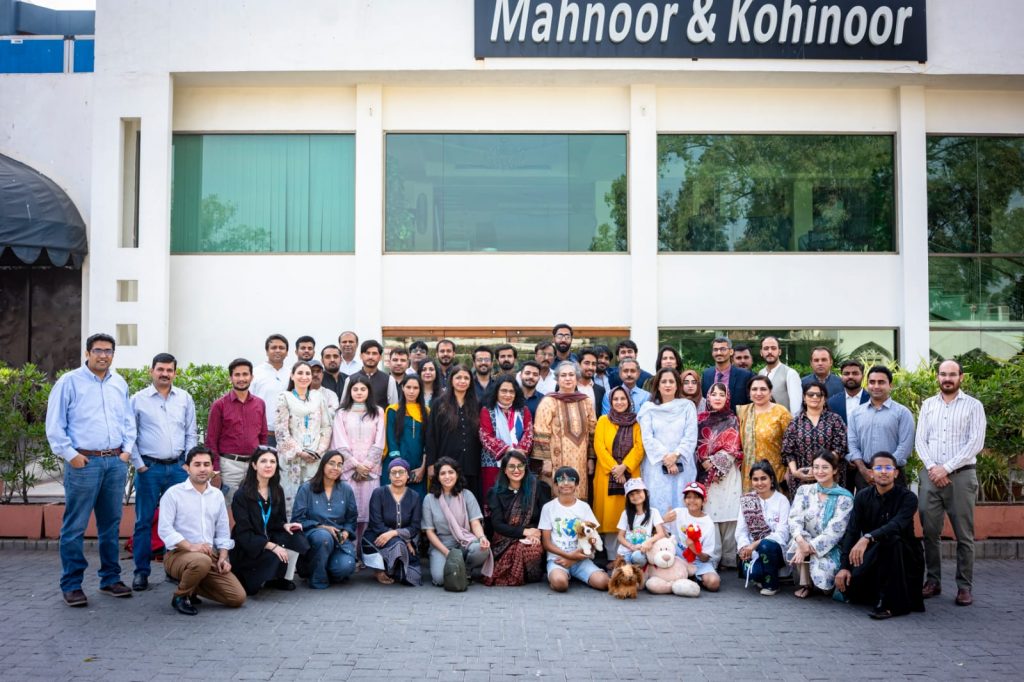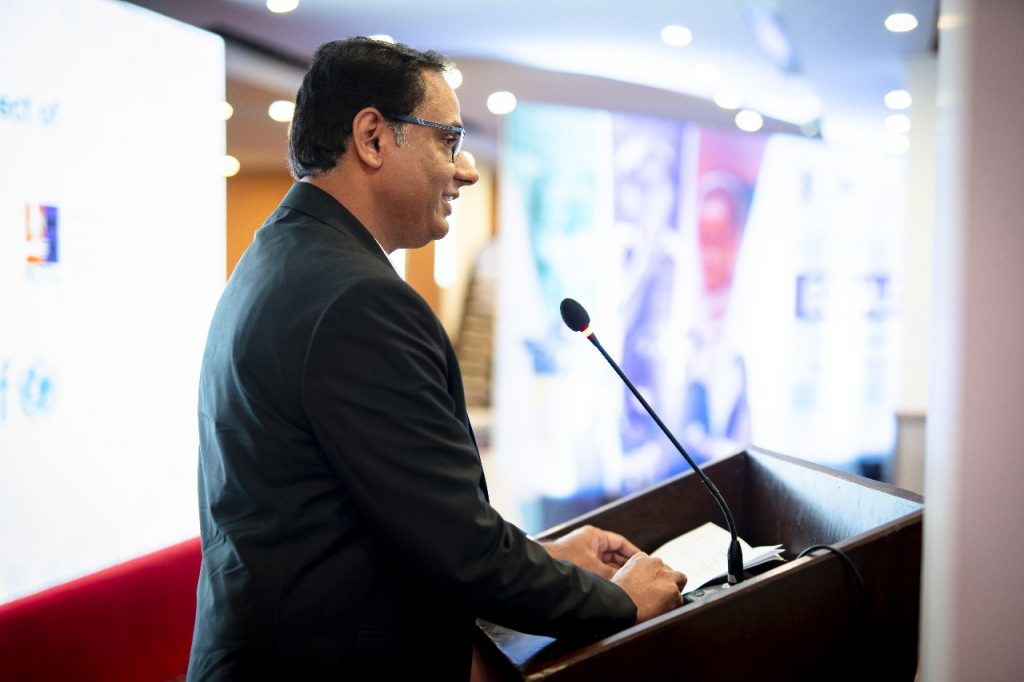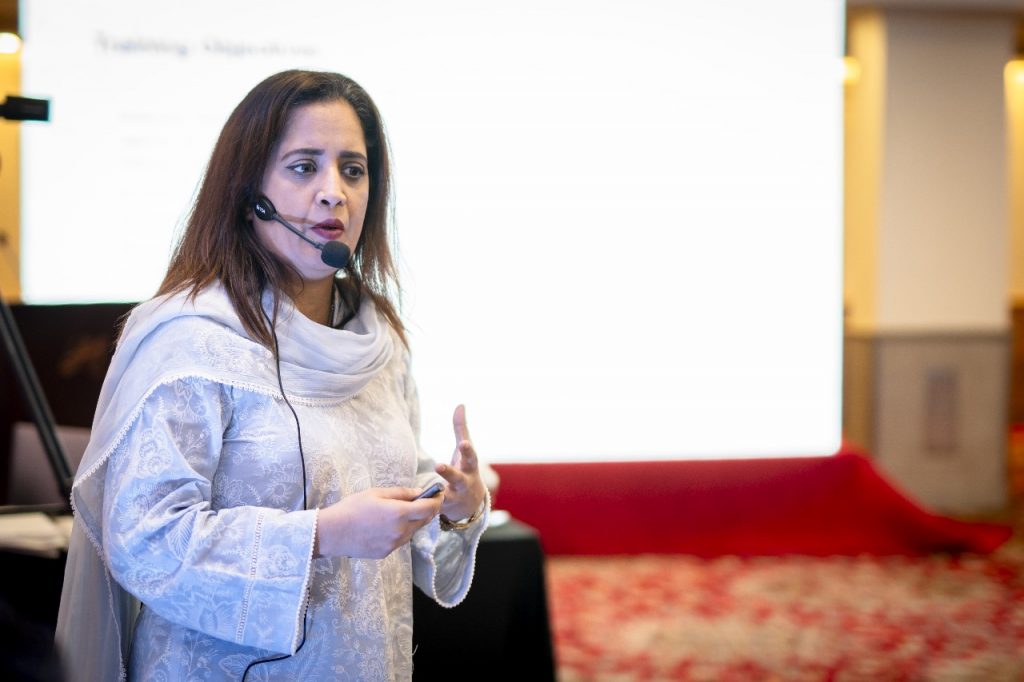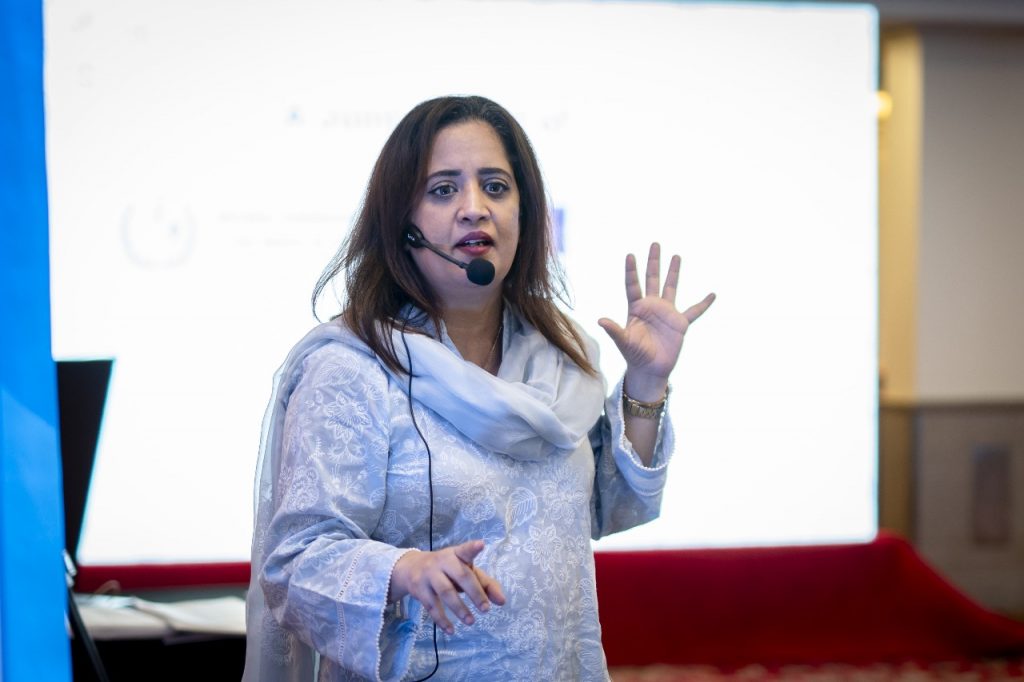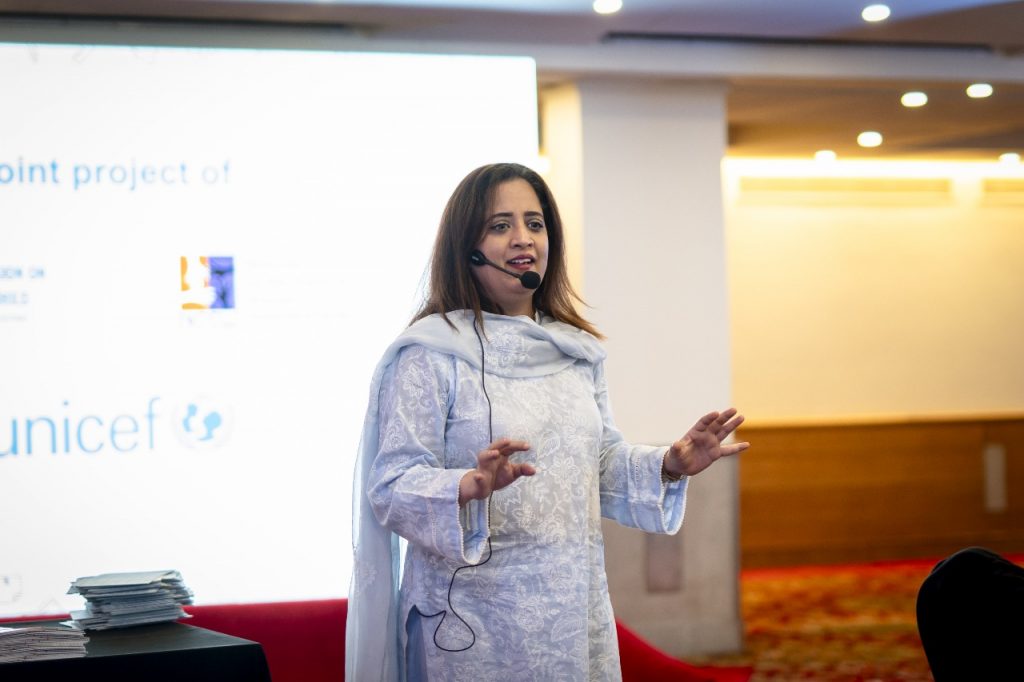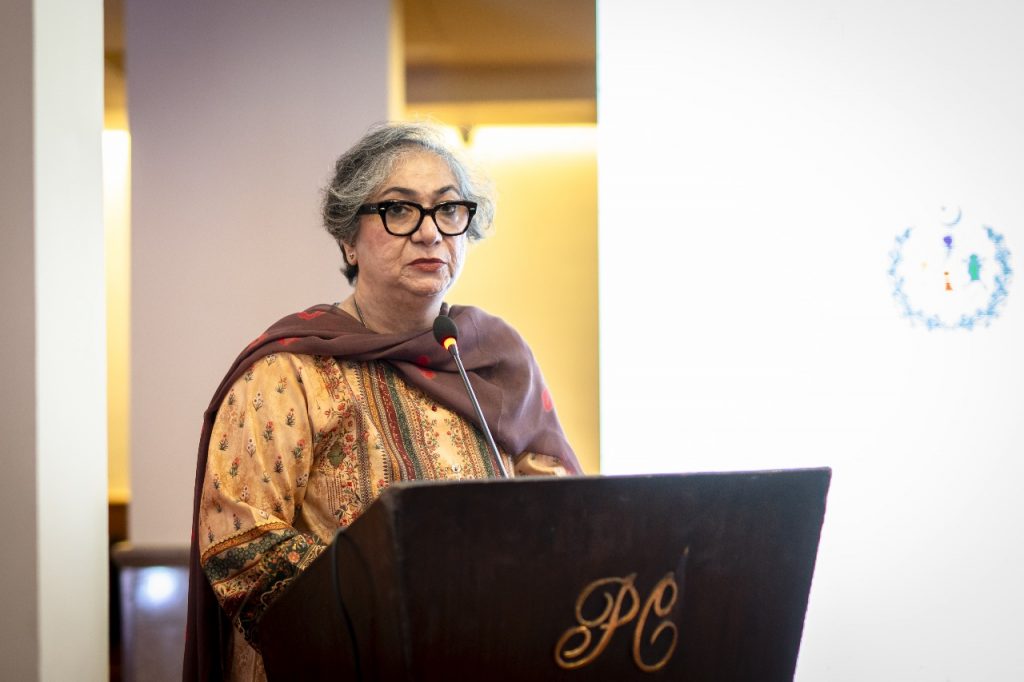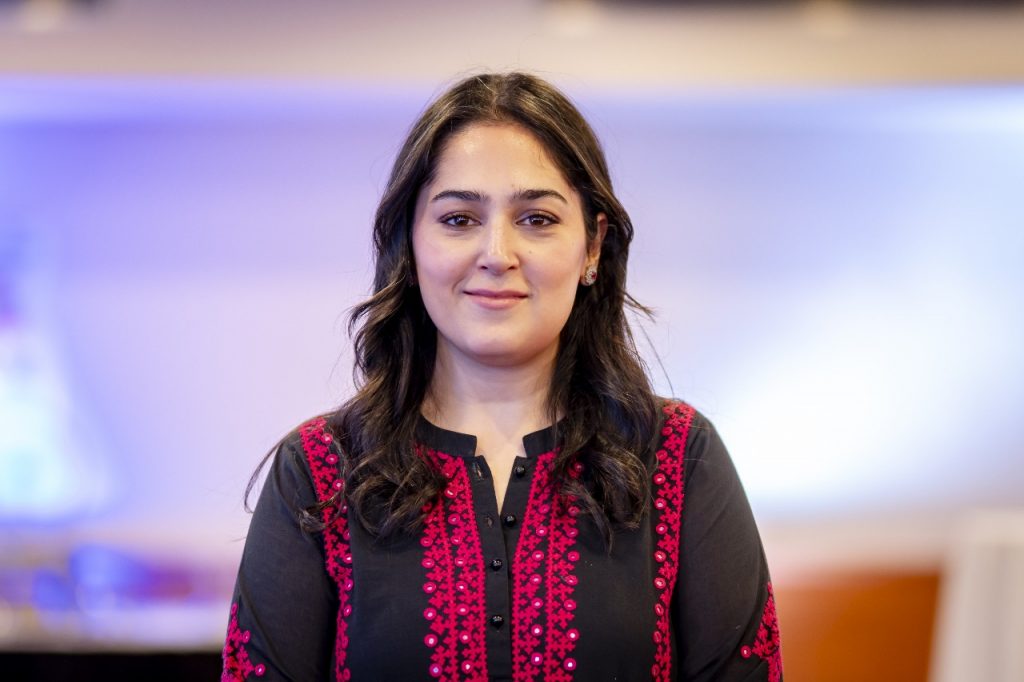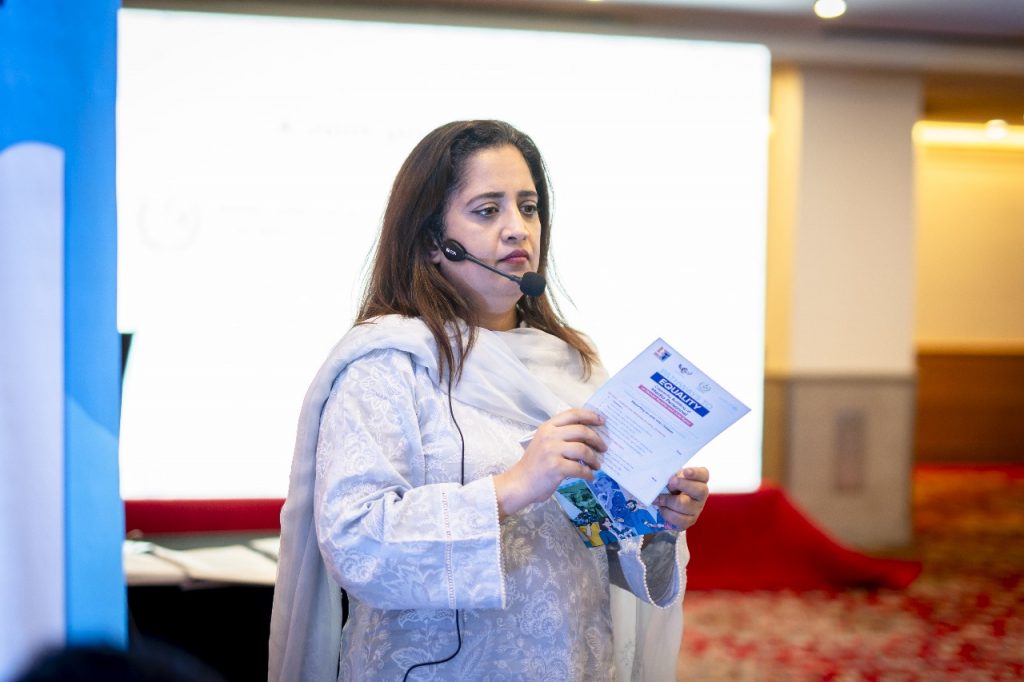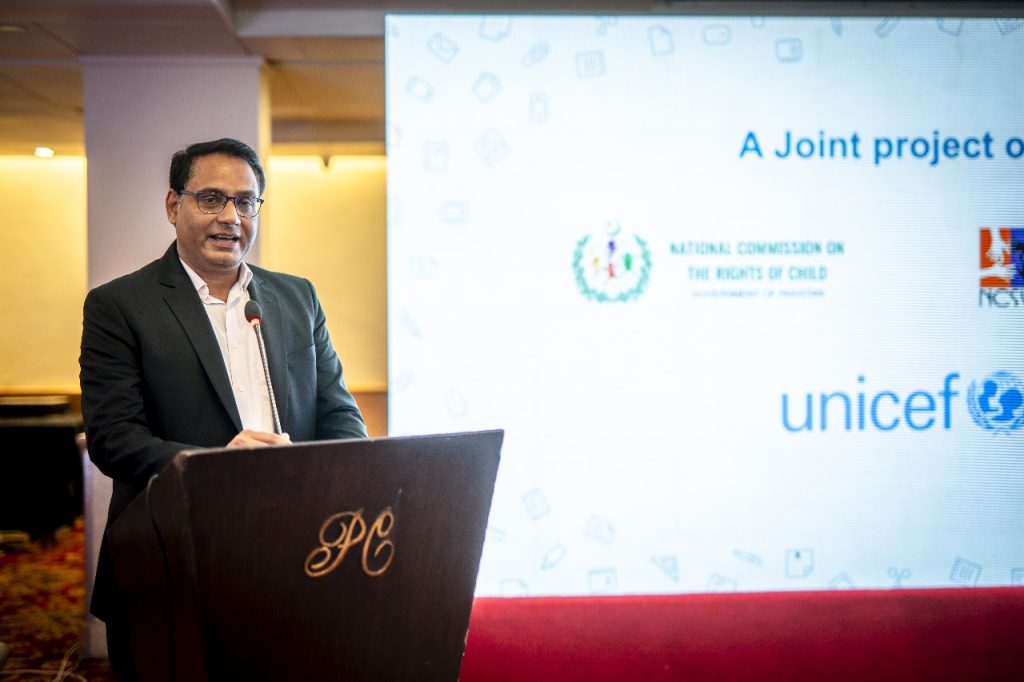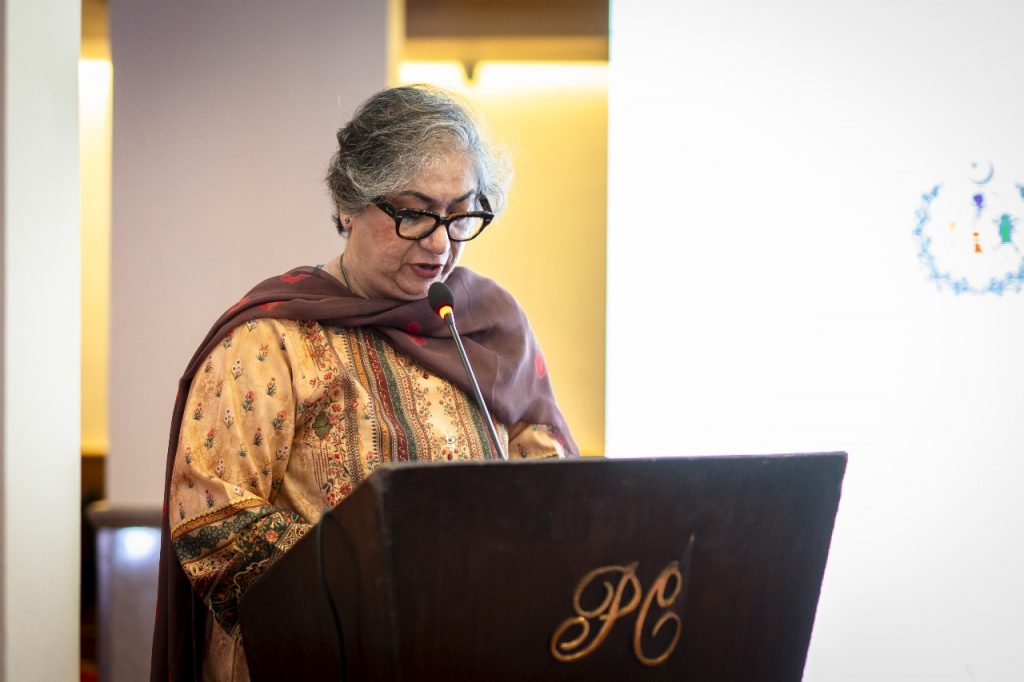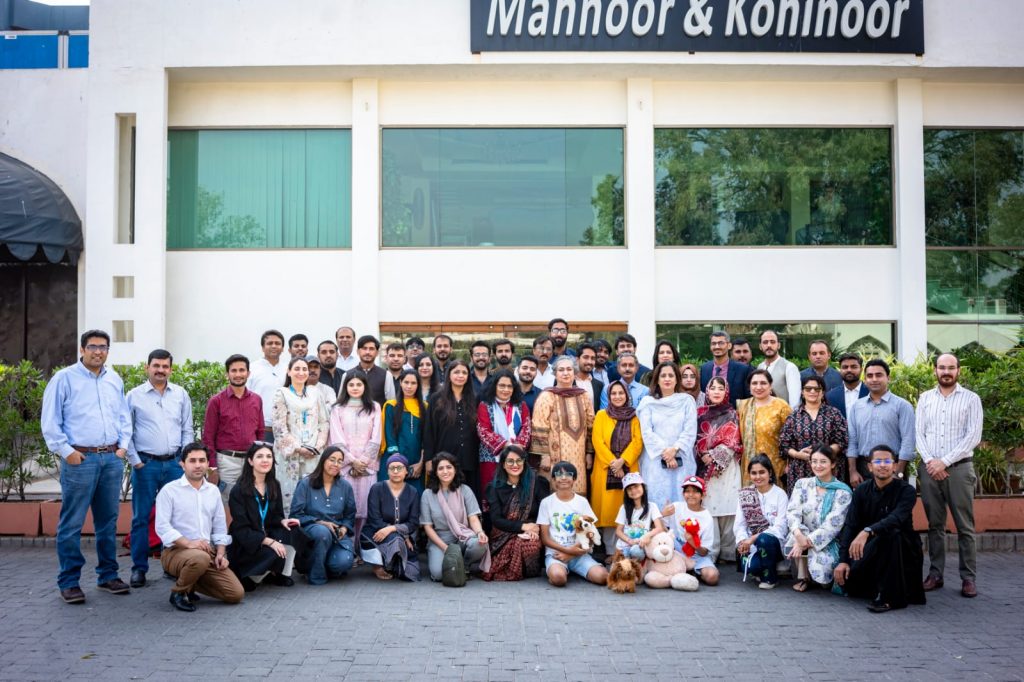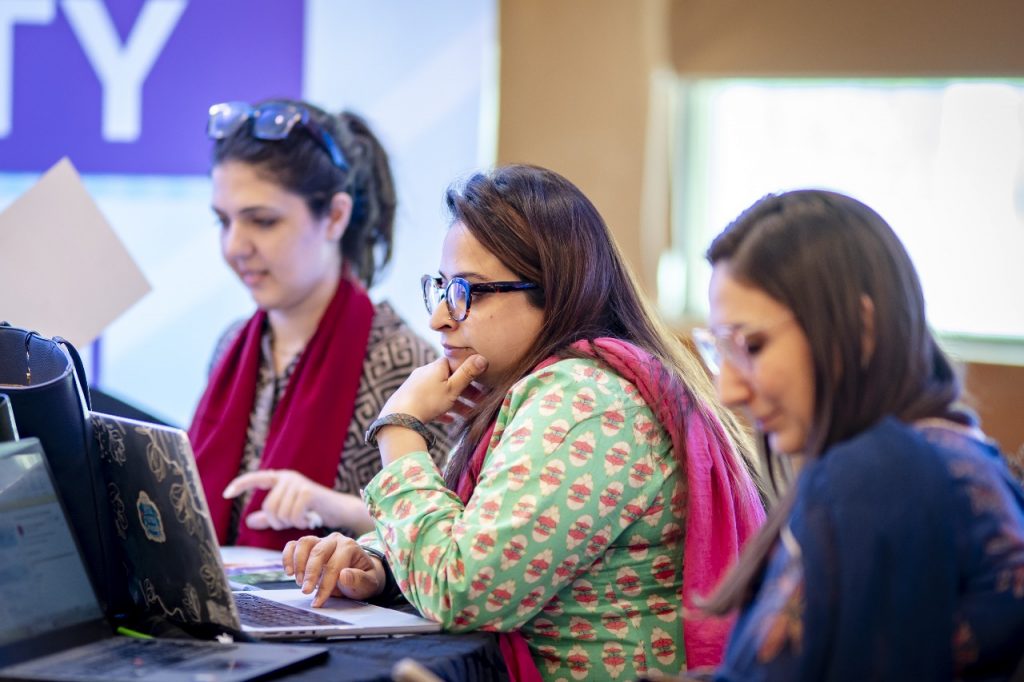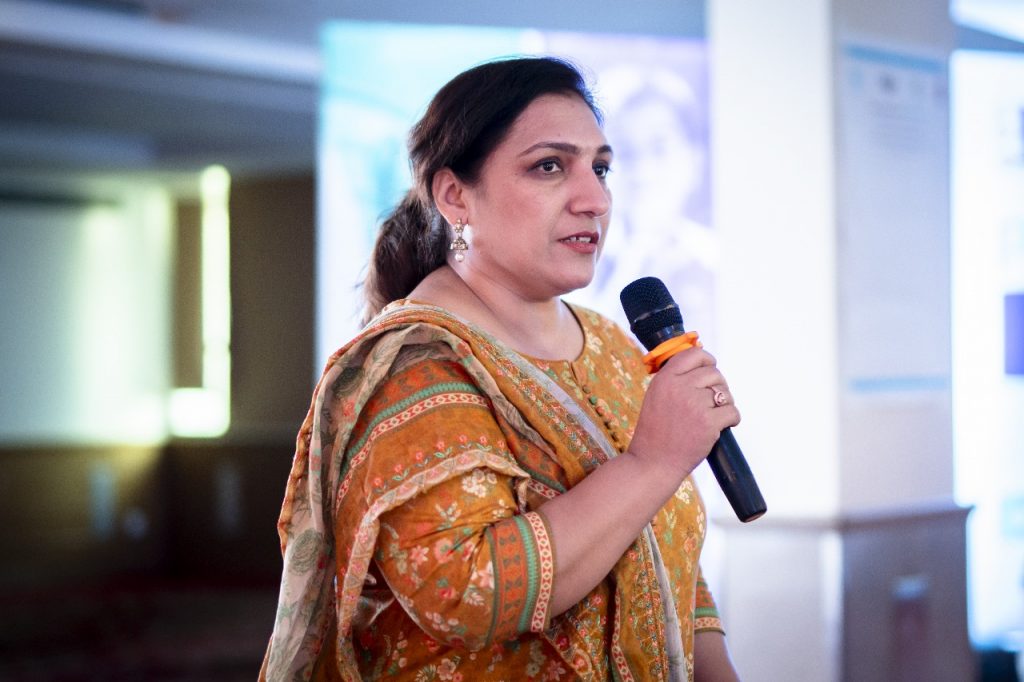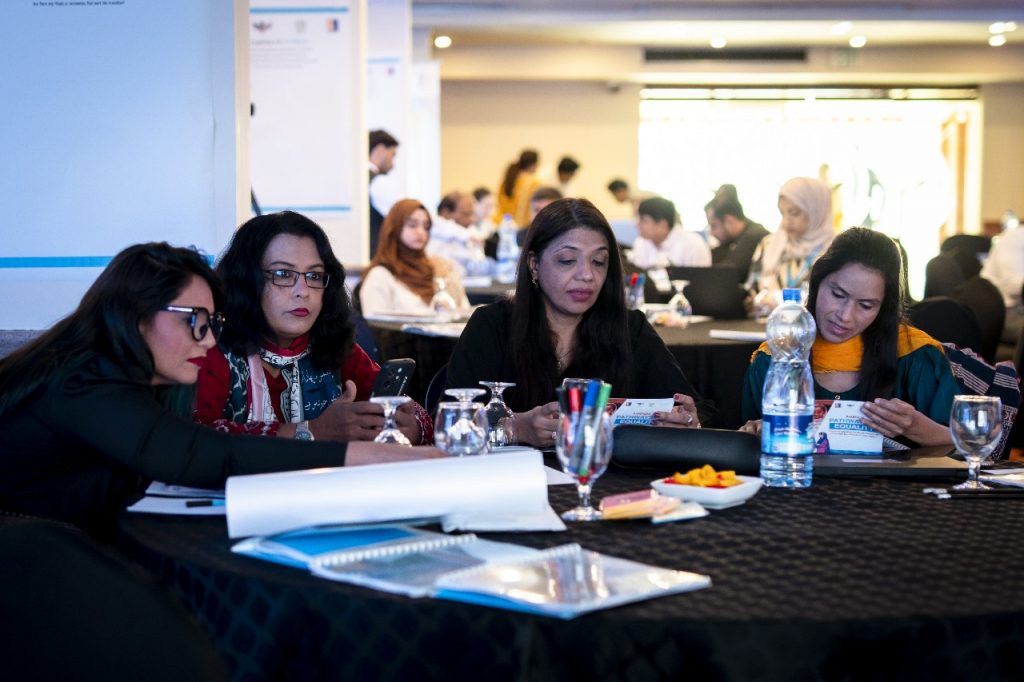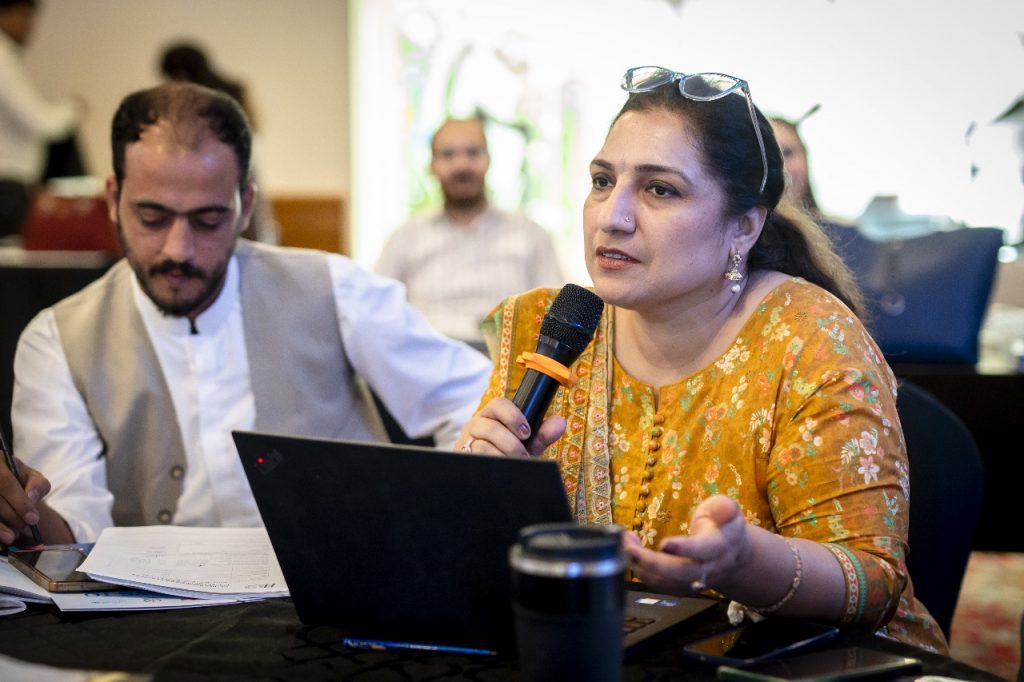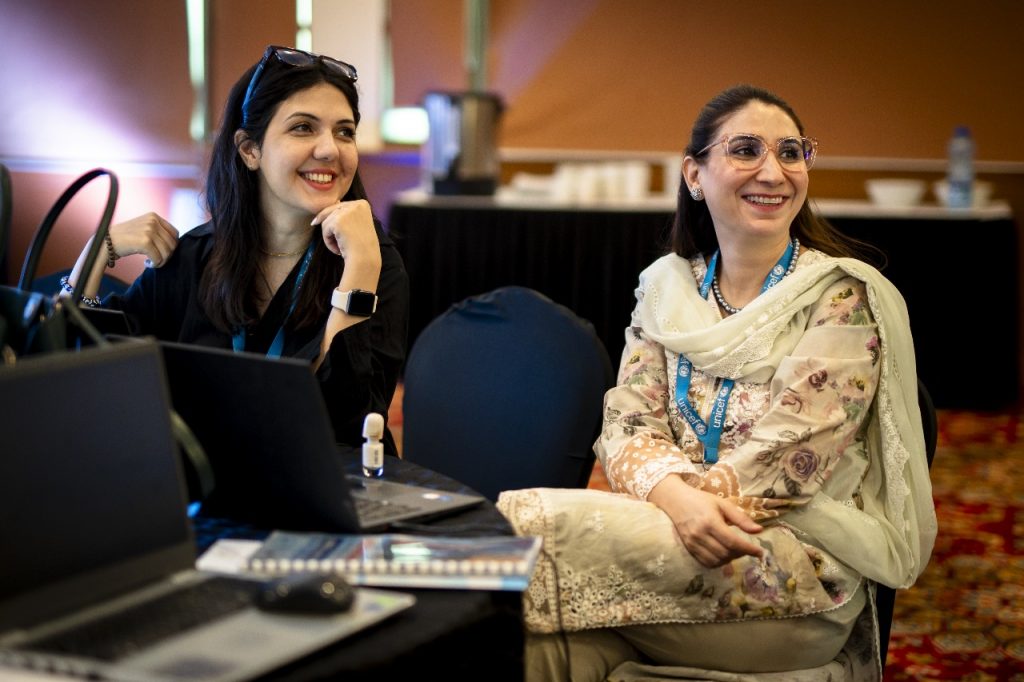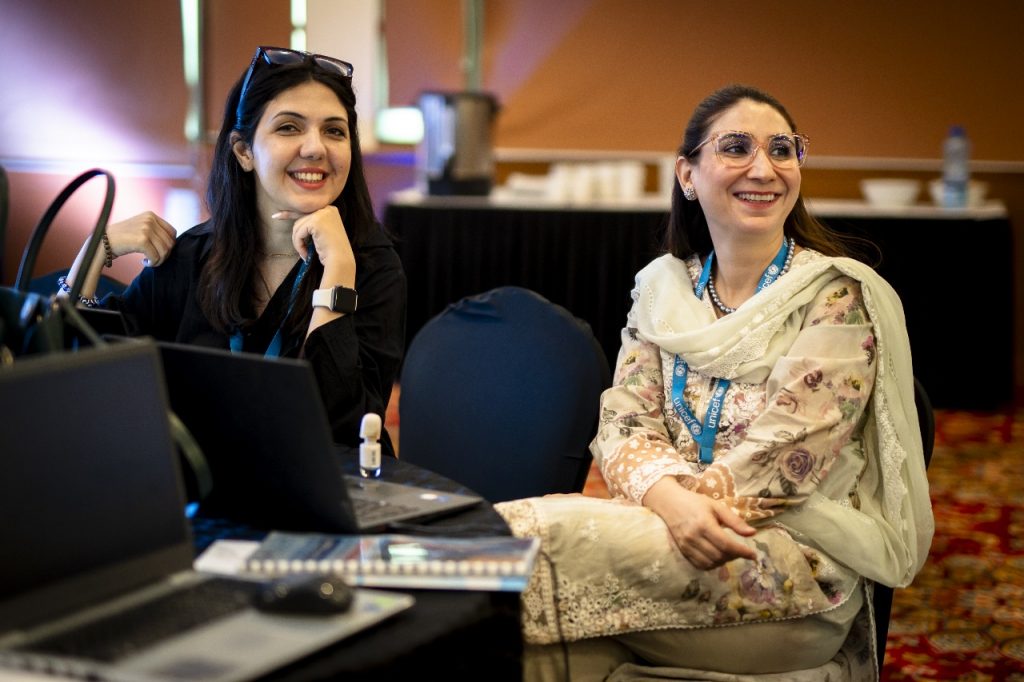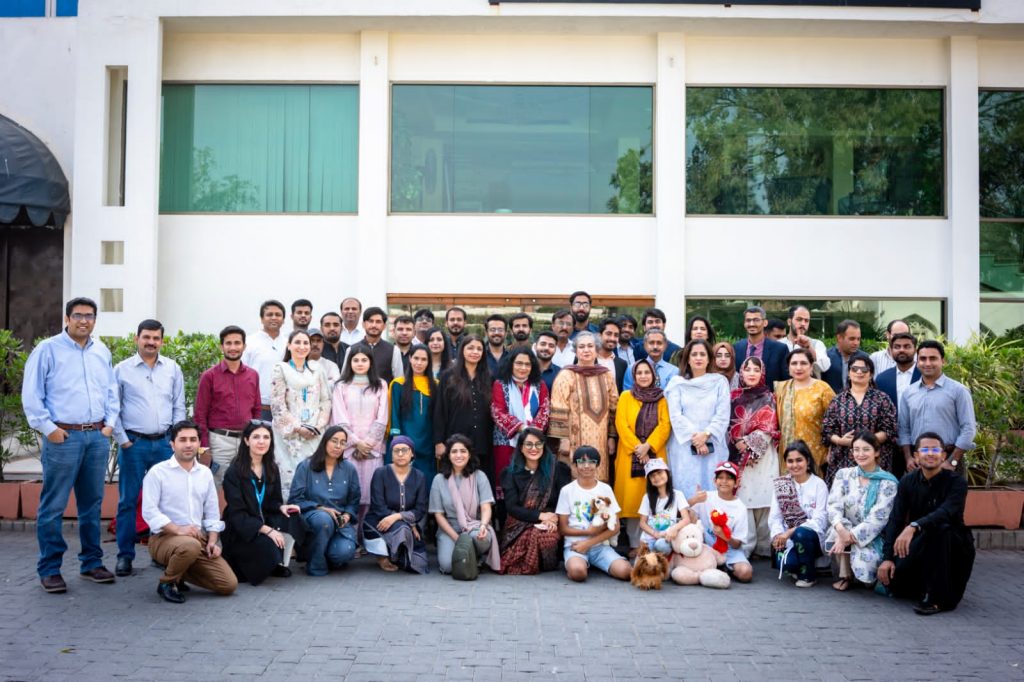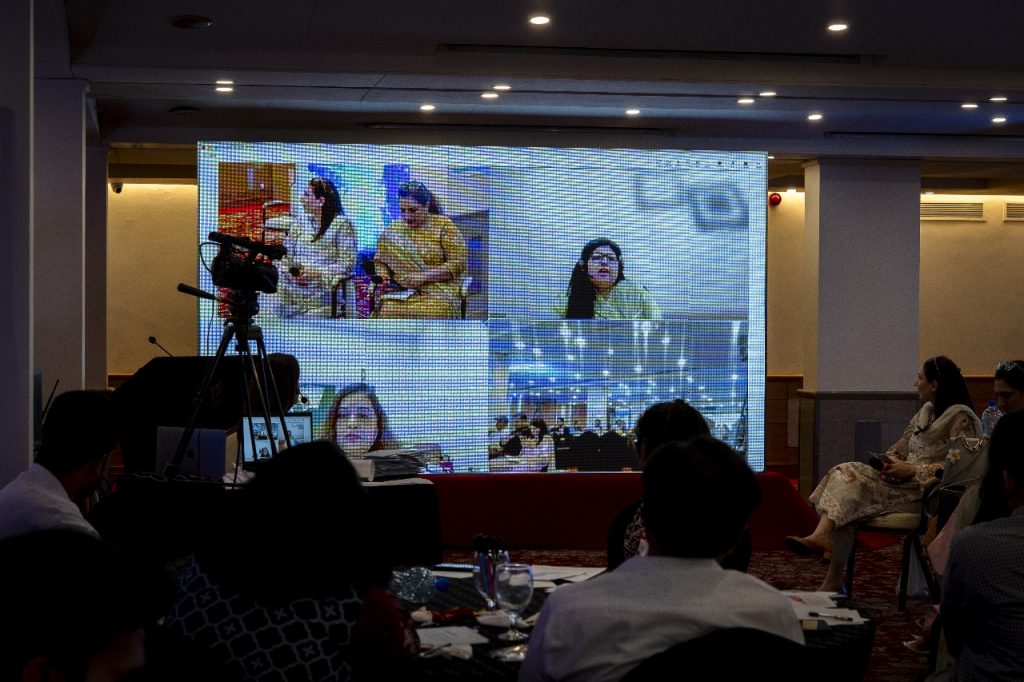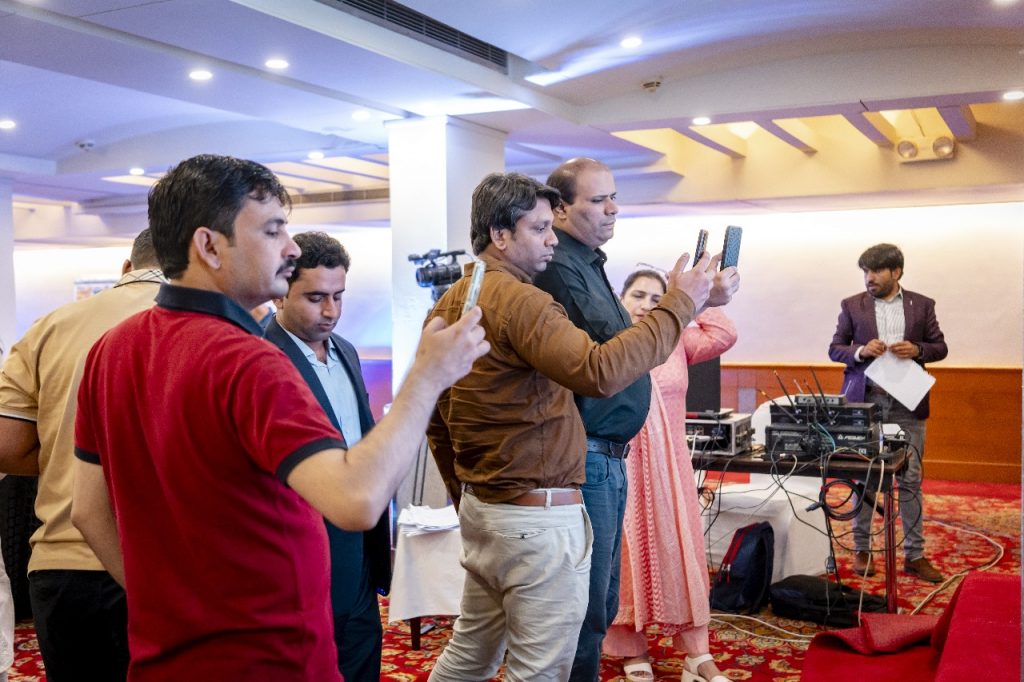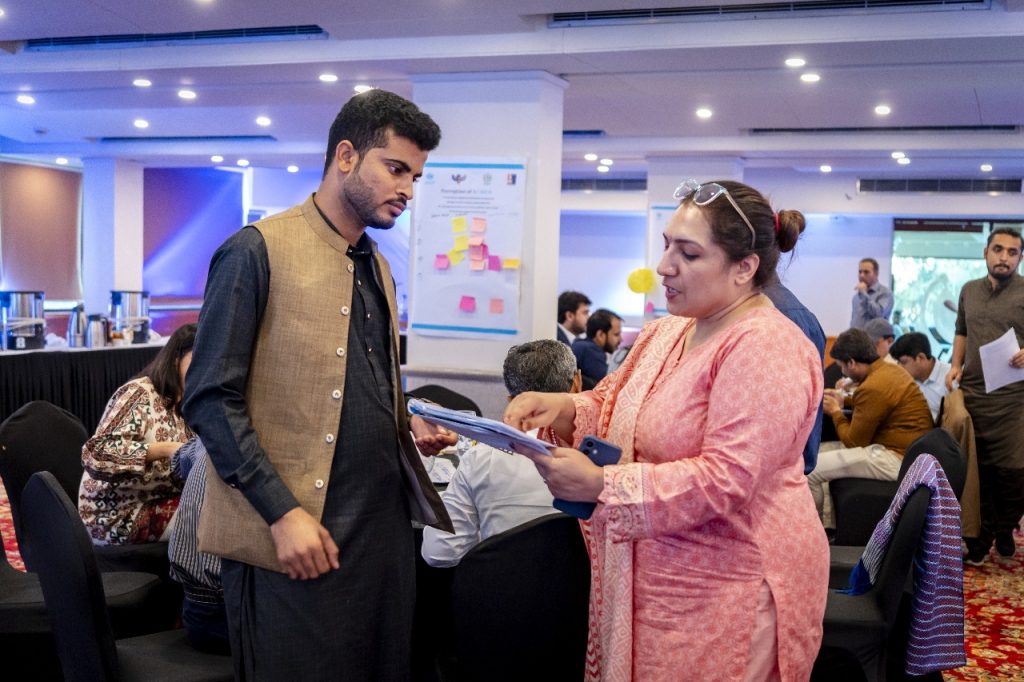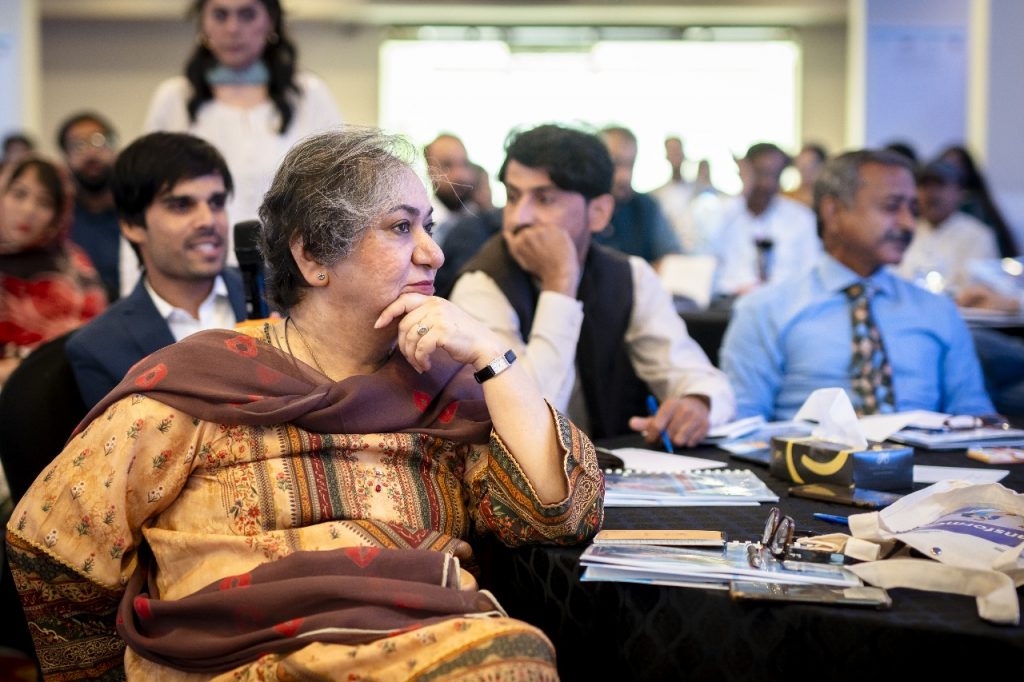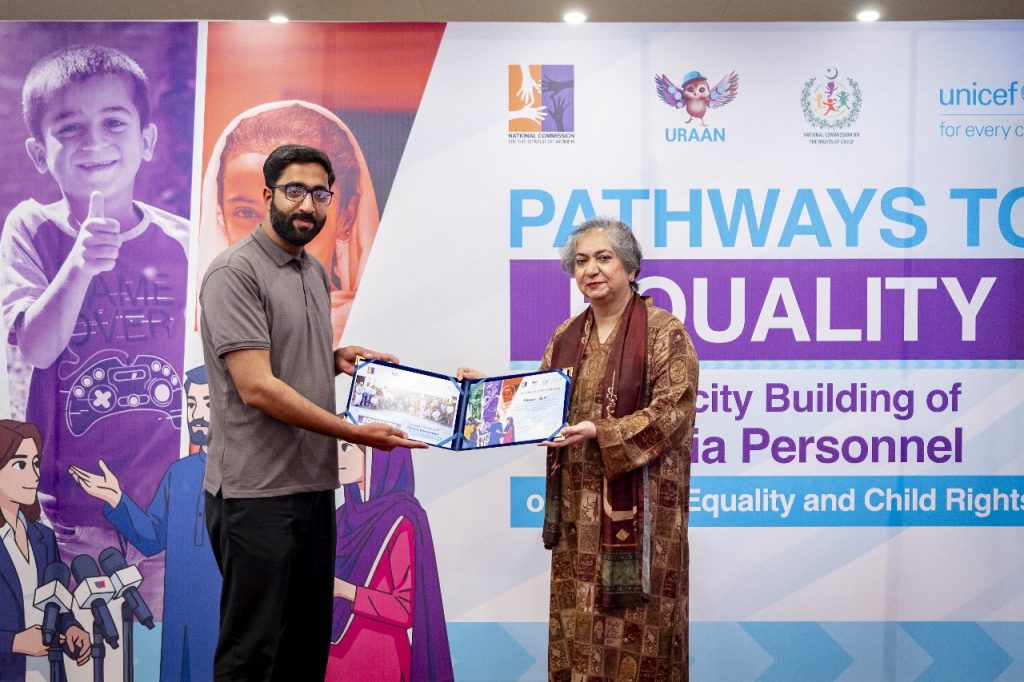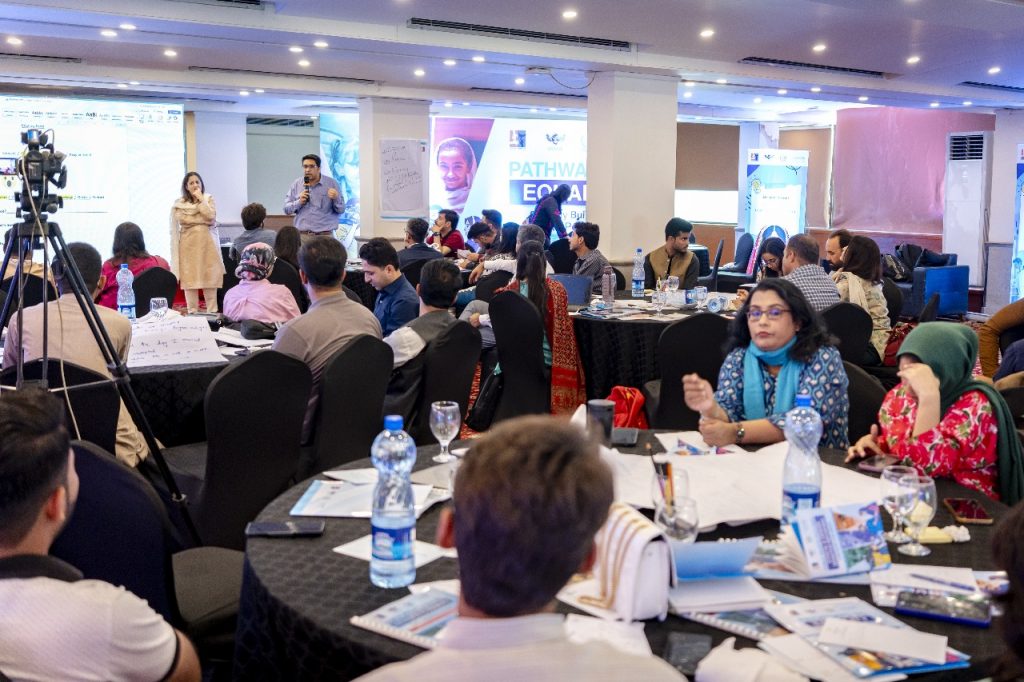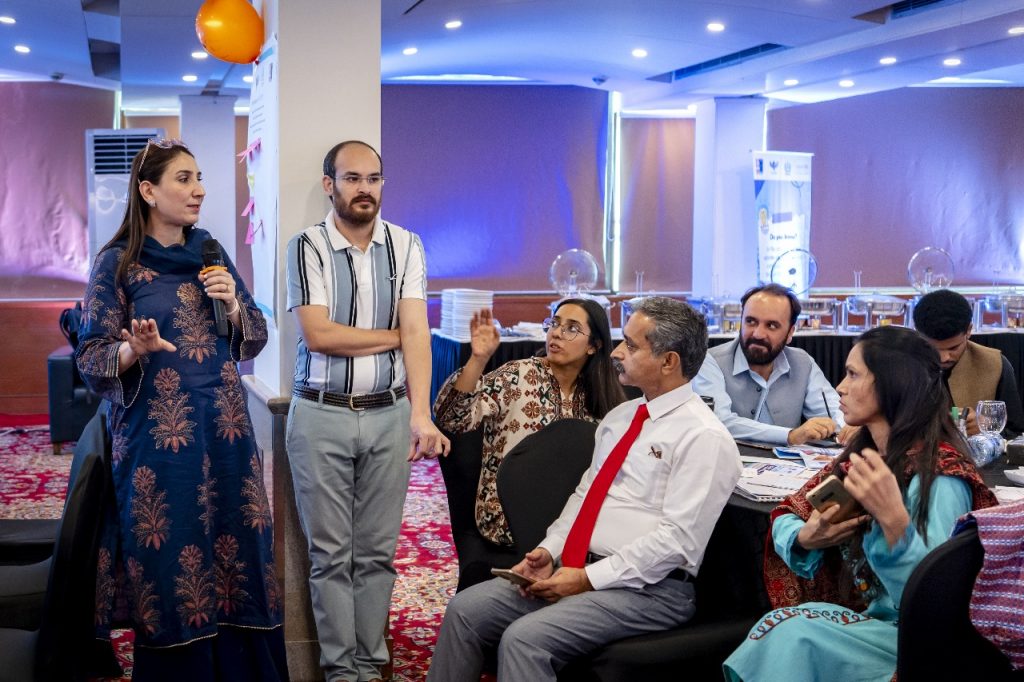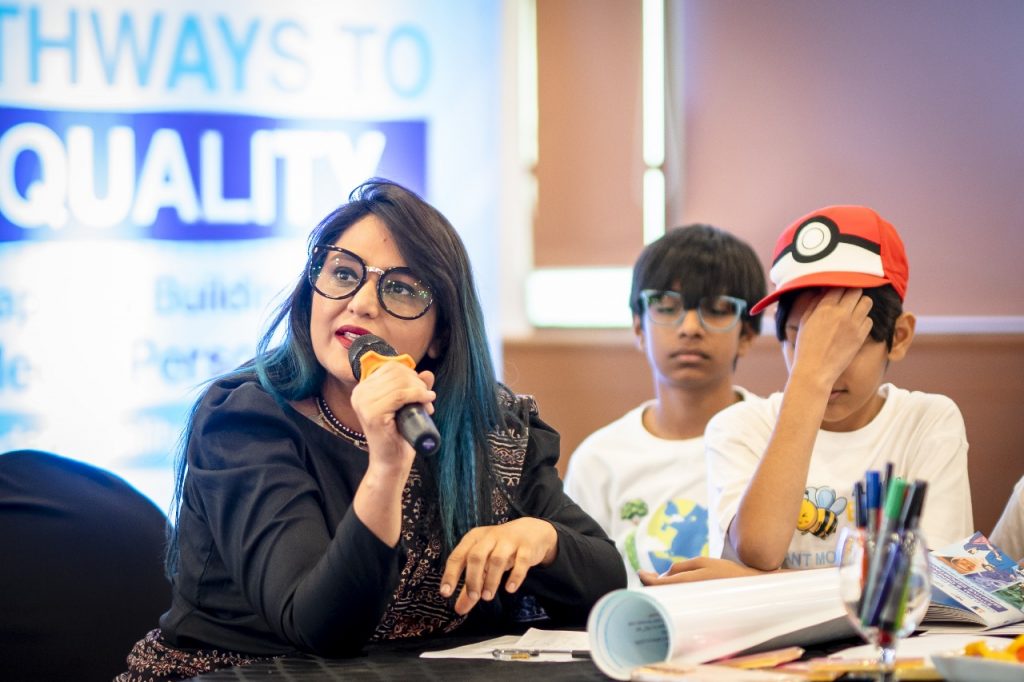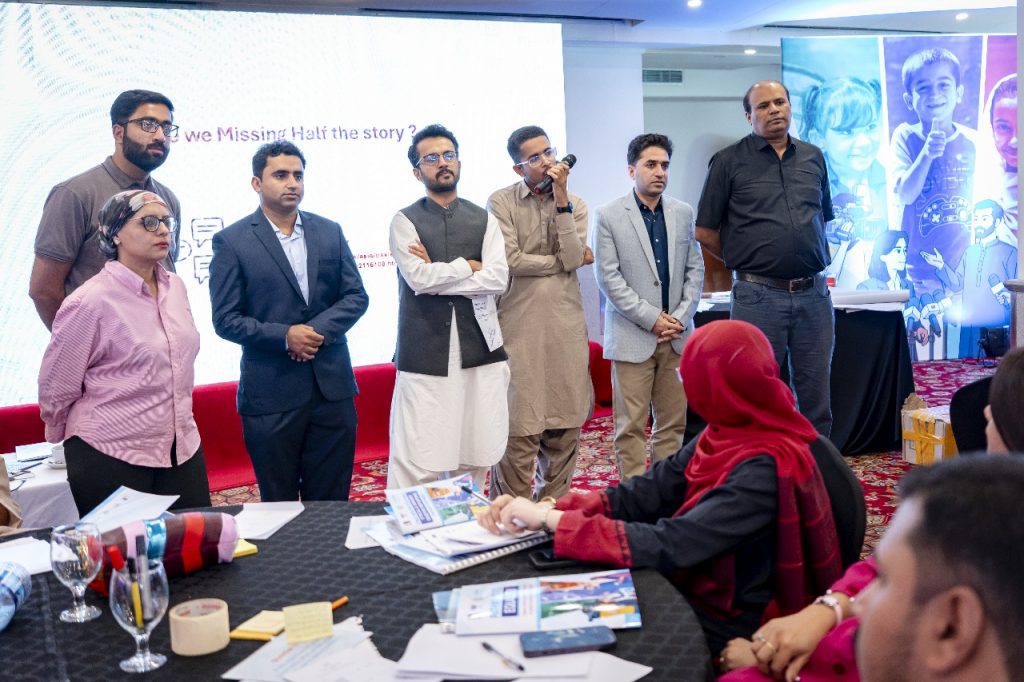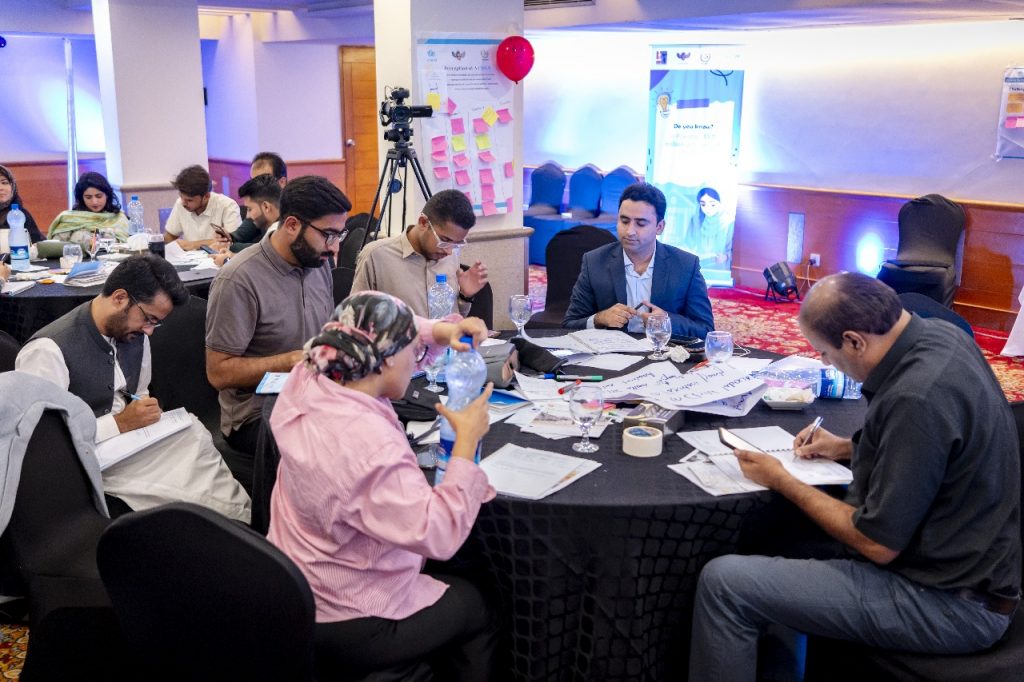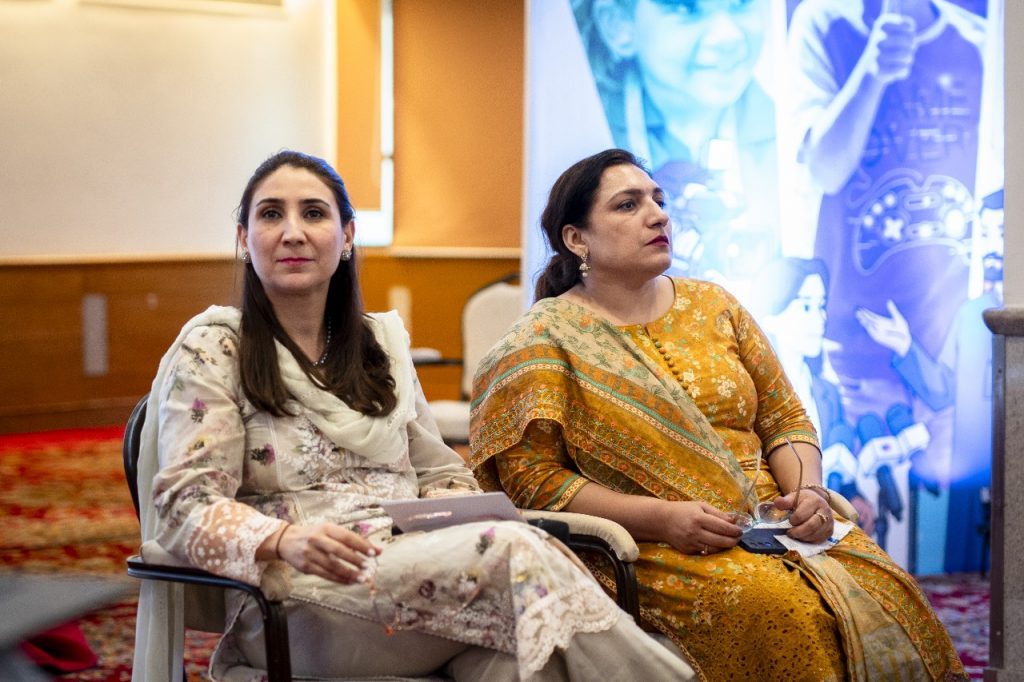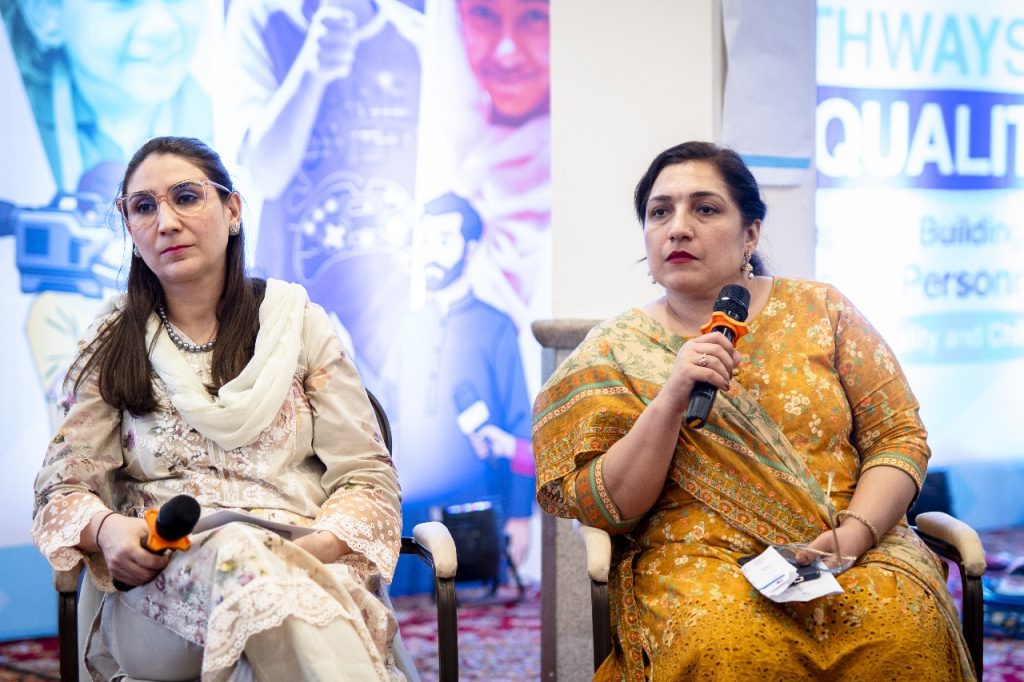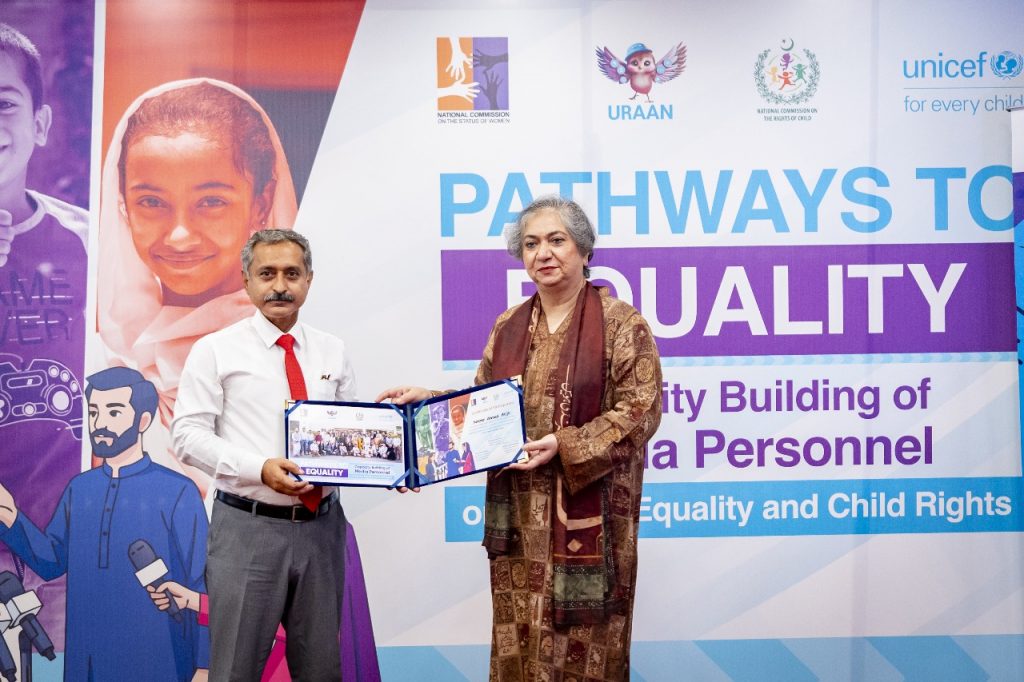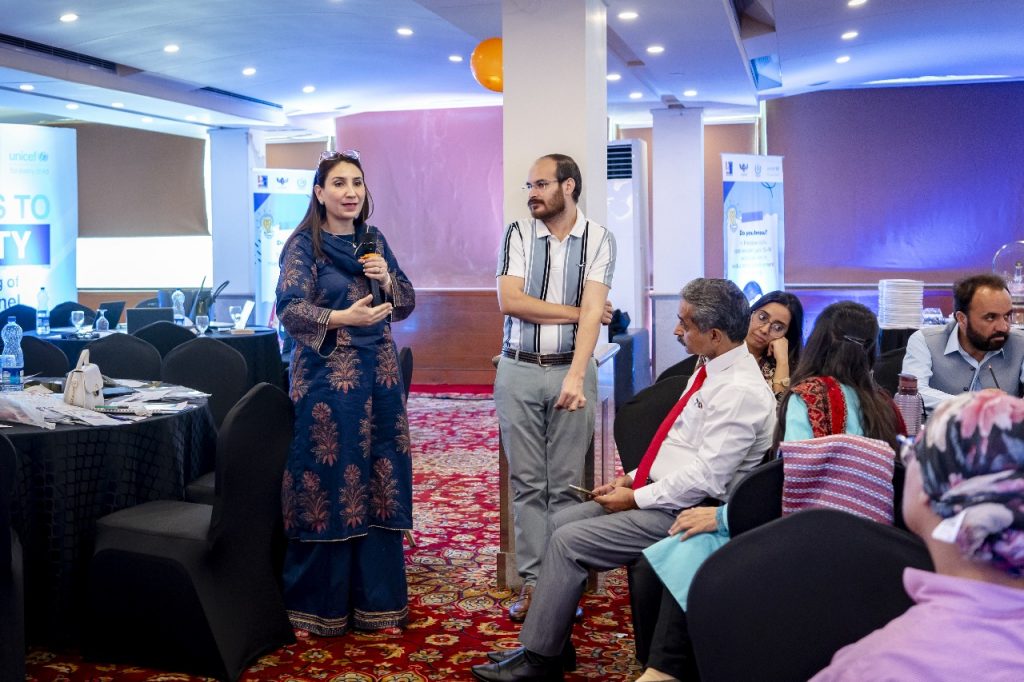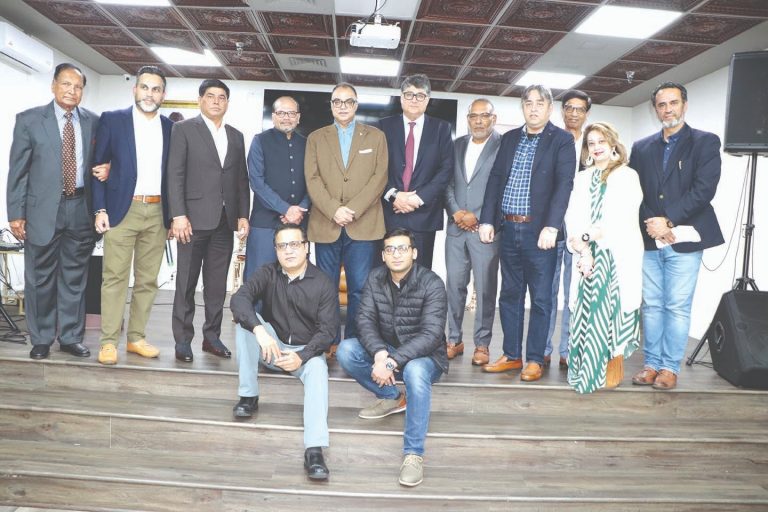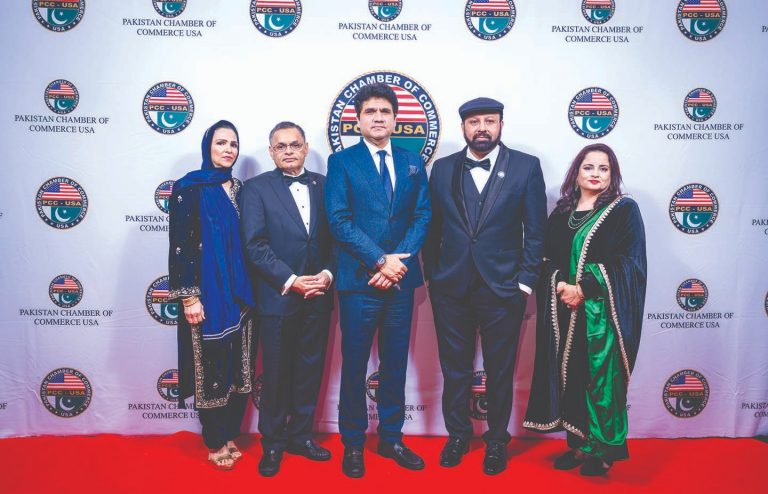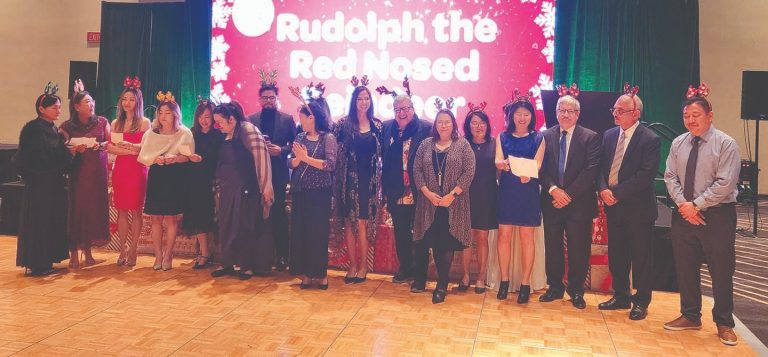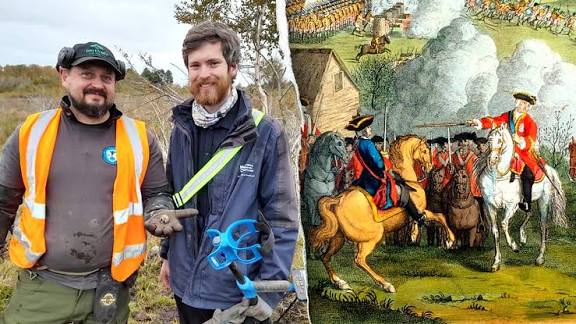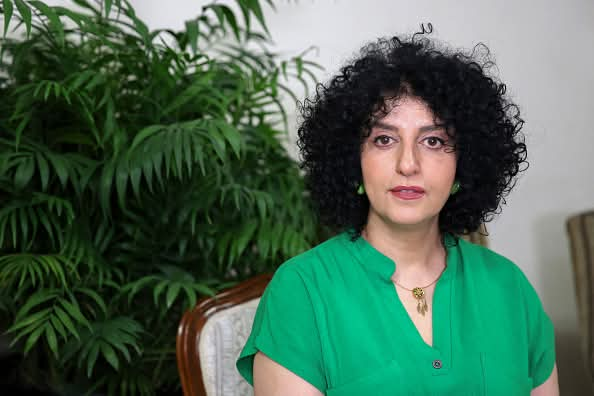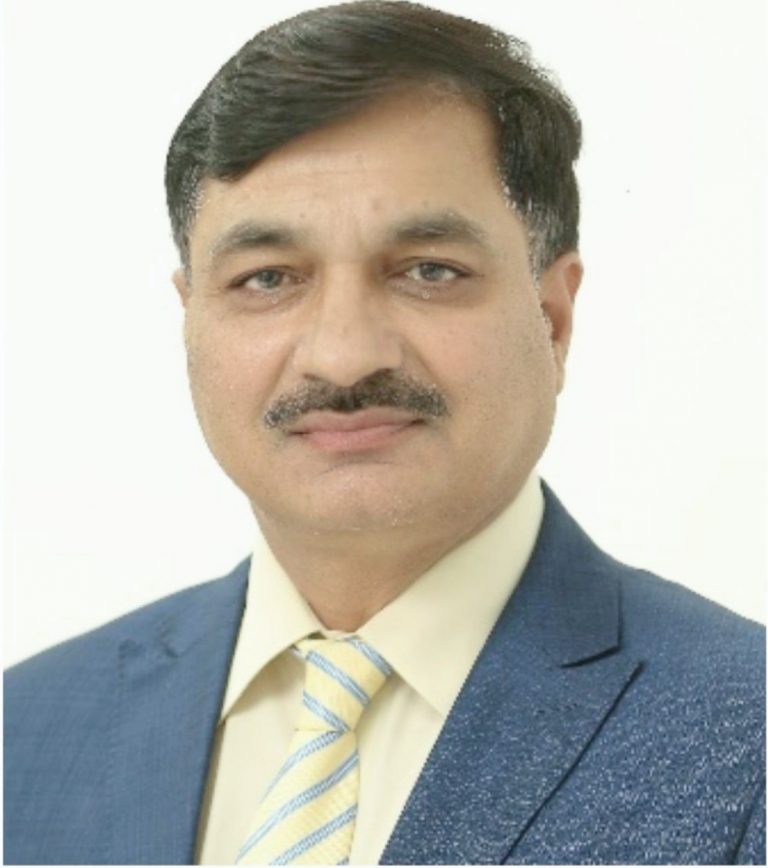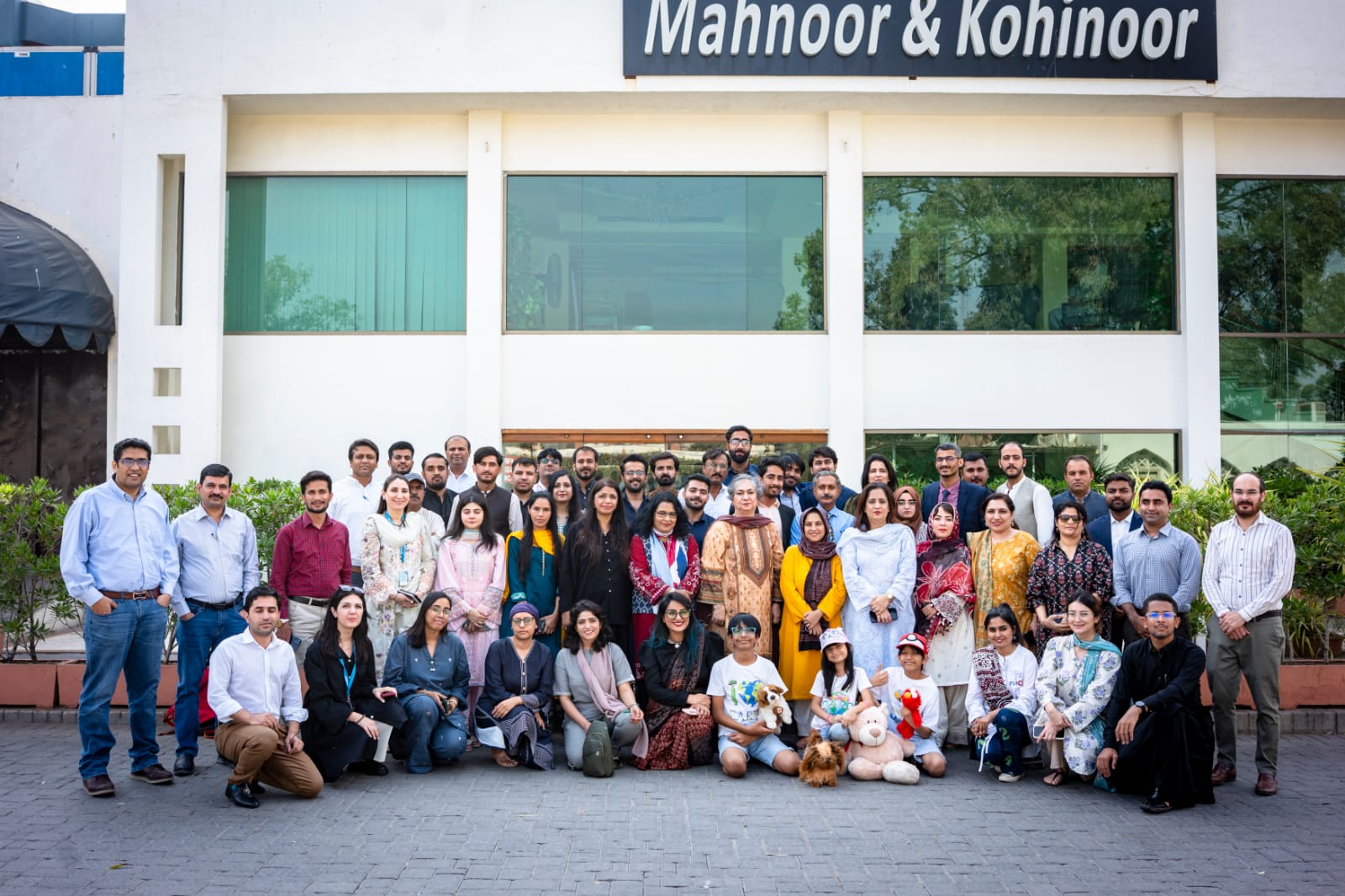
(By: Sobia Ali, Journalist, Activist & Award-Winning Documentary Filmmaker)
In today’s fast-paced media world, where breaking news flashes every second and ratings often dictate narratives, one question haunts every responsible journalist are we still guided by ethics, or by the race to be first???
The media has always been one of the most powerful pillars of the state a mirror to society and a voice for the voiceless. Yet, as the lines between information, entertainment, and influence blur, the need to revisit media ethics becomes more urgent than ever. Journalism is not just about telling stories; it is about telling them responsibly especially when those stories involve children, survivors, or marginalized voices who trust us to represent them with dignity.
This was exactly the spirit of the UNICEF Child Rights Media Fellowship, organized in collaboration with the National Commission on the Status of Women (NCSW), URAN, and the National Commission on the Rights of the Child (NCRC, organized a transformative Child Rights Media Fellowship in Karachi, bringing together over 70 journalists from diverse media organizations across Karachi, Sindh, and Balochistan. The fellowship aimed to strengthen ethical, gender-sensitive, and child-rights based journalism in Pakistan an effort both timely and essential in our changing media landscape
The fellowship brought together a diverse group of journalists, filmmakers, and content creators from across Pakistan to reflect deeply on how we, as media professionals, can uphold integrity and compassion in our storytelling particularly when dealing with children and sensitive social issues.
The training, skillfully led by Sabahat, was far more than a conventional workshop. It was a journey of introspection and unlearning. Her sessions were deeply engaging blending short documentaries, interactive discussions, and real-life examples from Pakistani media. Through videos, case studies, and guided conversations, group activities we explored questions that are often ignored in our daily newsroom routines:
How do we protect a child’s identity in a story? What words do we choose when reporting abuse? Are we amplifying awareness or unintentionally spreading stigma?
We learned that the role of the journalist is not to exploit pain for headlines, but to translate it into awareness and action.
Each day of the fellowship reinforced that media ethics begin with empathy. Trainer Miss Sabahat Bokhari reminded us that our work must never put anyone especially children at risk. Whether in print, television, or digital storytelling, we have a responsibility to ensure consent, confidentiality, and compassion.
We also explored gender-sensitive reporting, an area where media has long struggled. Too often, stories are shaped by stereotypes or unconscious bias. The sessions taught us how to move beyond the surface to highlight systems and social factors instead of focusing only on individuals. It was eye-opening to realize how a small shift in words can change the entire tone of a report.
A particularly meaningful discussion centered around visual storytelling ethics relevant to filmmakers like myself. We talked about obtaining informed consent, protecting survivors’ emotional boundaries, and ensuring that every shot and frame honors the dignity of those whose lives we capture. As journalists and creators, we were reminded that the camera is not just a lens; it is a form of trust.
The fellowship didn’t just focus on technical aspects it inspired moral clarity. Participants shared their experiences from the field moments when they had to choose between speed and sensitivity, between exclusivity and empathy. Those conversations became lessons in themselves.
Behind this successful initiative were visionary institutions and leaders who truly understand the power of ethical storytelling. UNICEF Pakistan deserves immense appreciation for spearheading this initiative and continuing to invest in the professional growth of journalists. The National Commission on the Status of Women (NCSW), under the dynamic leadership of its Chairperson Umme Laila Azhar played a pivotal role in ensuring that issues of gender equality and child rights stay central to Pakistan’s media landscape.
The National Commission on the Rights of the Child (NCRC) and URAN also contributed significantly by providing both guidance and practical frameworks, helping participants connect journalism with human rights principles. Together, these organizations are building a network of responsible journalists who can tell stories that heal rather than harm. As a participant, I felt proud to see such collaboration among national institutions working hand-in-hand with international partners for a common cause to ensure that every child’s story is told with truth, care, and integrity.
The fellowship closed with a powerful reflection circle. Each participant shared their key takeaway and though our words differed, our sentiments were the same: we all walked away changed. We were reminded that journalism is not just a career; it’s a moral commitment.
Moving forward, I sincerely hope that every journalist, editor, and content creator in Pakistan whether working on television, digital media, or documentaries embraces these lessons. Media ethics are not outdated ideals they are our compass in an era of chaos and misinformation.
When we cover issues of children, gender, or human rights, our first duty is not to our network or our ratings it is to truth, justice, and compassion. Whether it’s a documentary, a report, or a podcast, the same principle must guide us: “Do no harm.”
I hope that future journalists who join such fellowships will not only learn these ethics but live them every day making our media landscape more responsible, humane, and trustworthy. Because when we protect the rights of children in our storytelling, we are, in essence, protecting the future of our nation.
